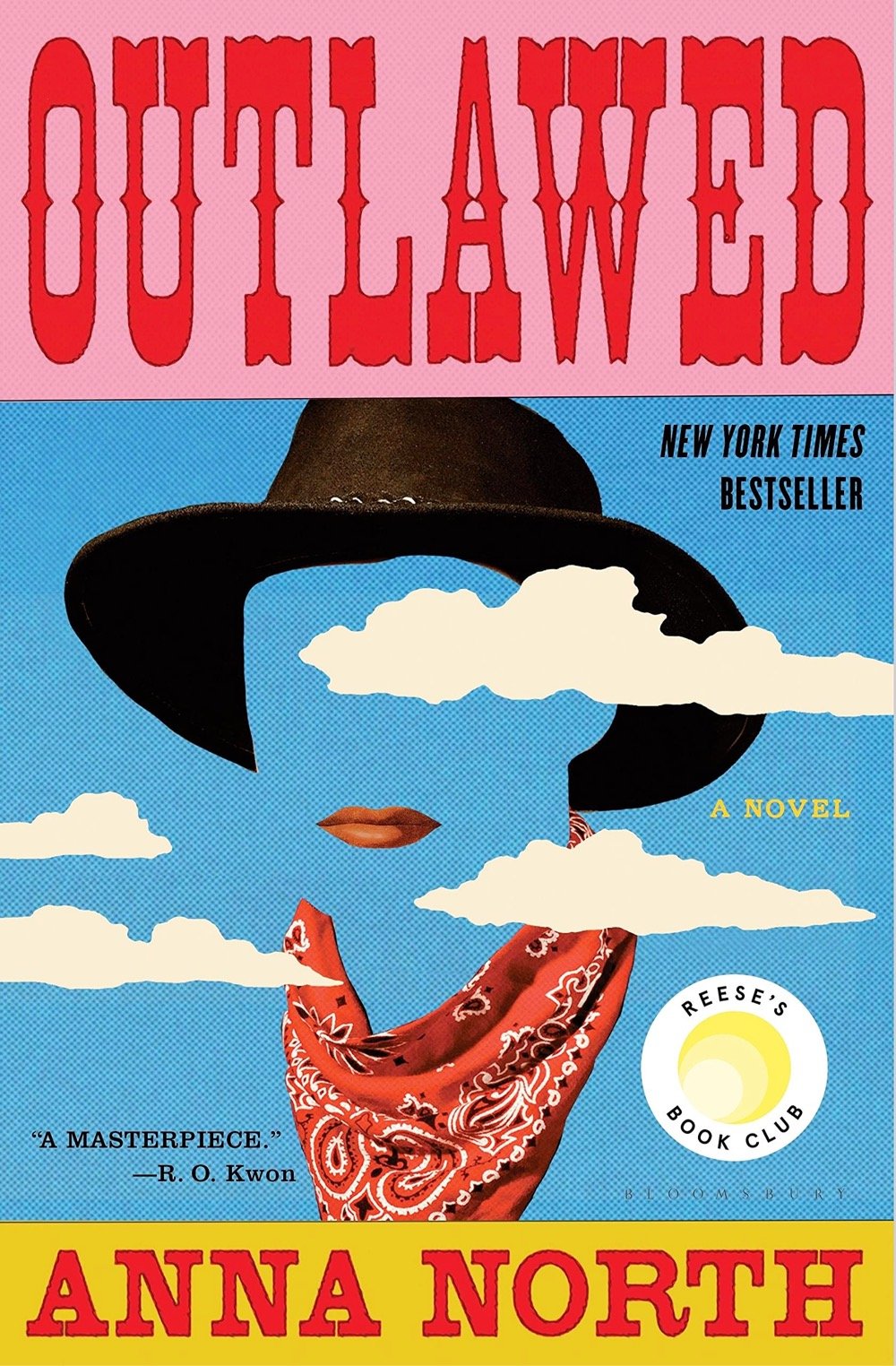
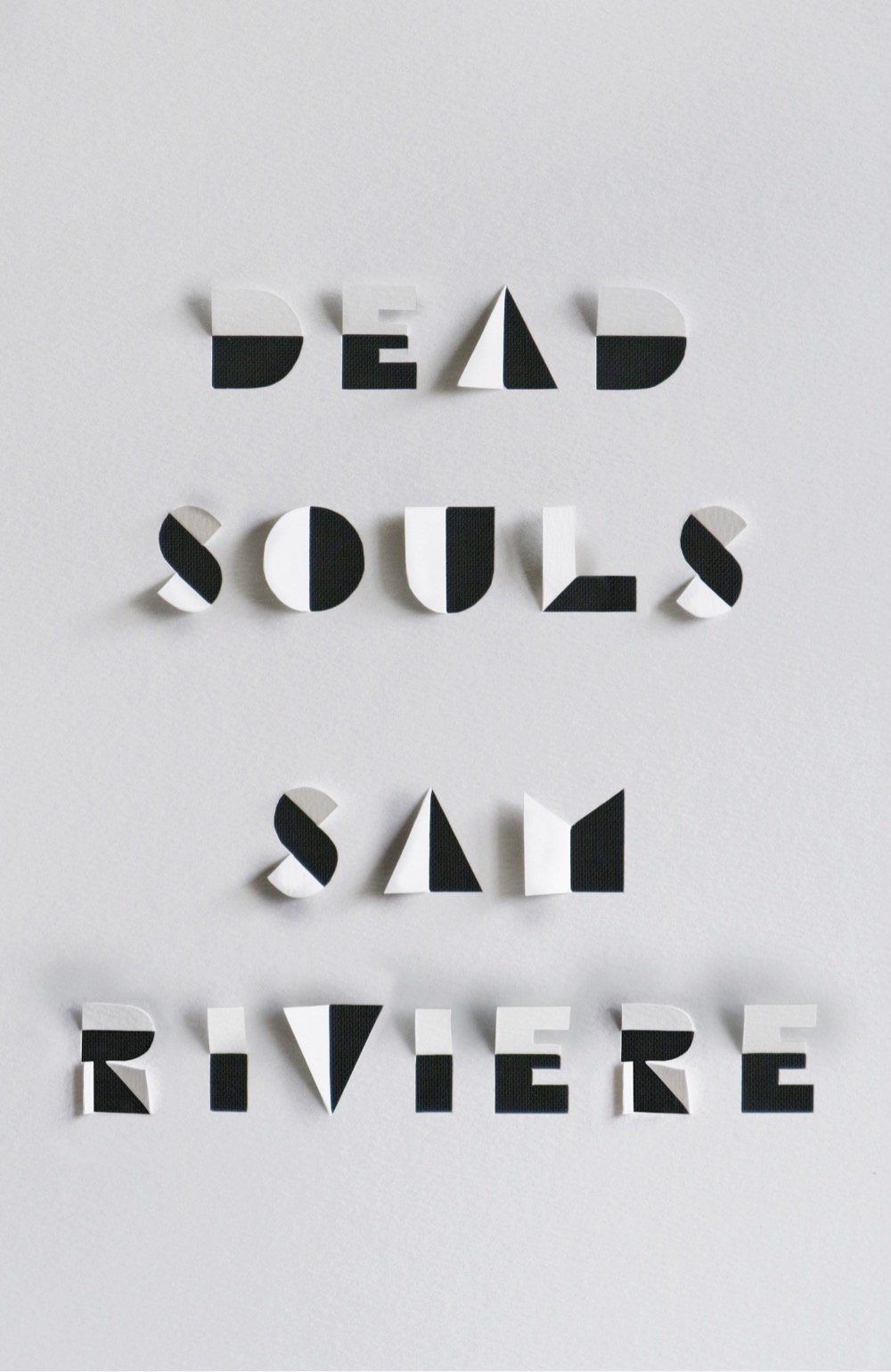
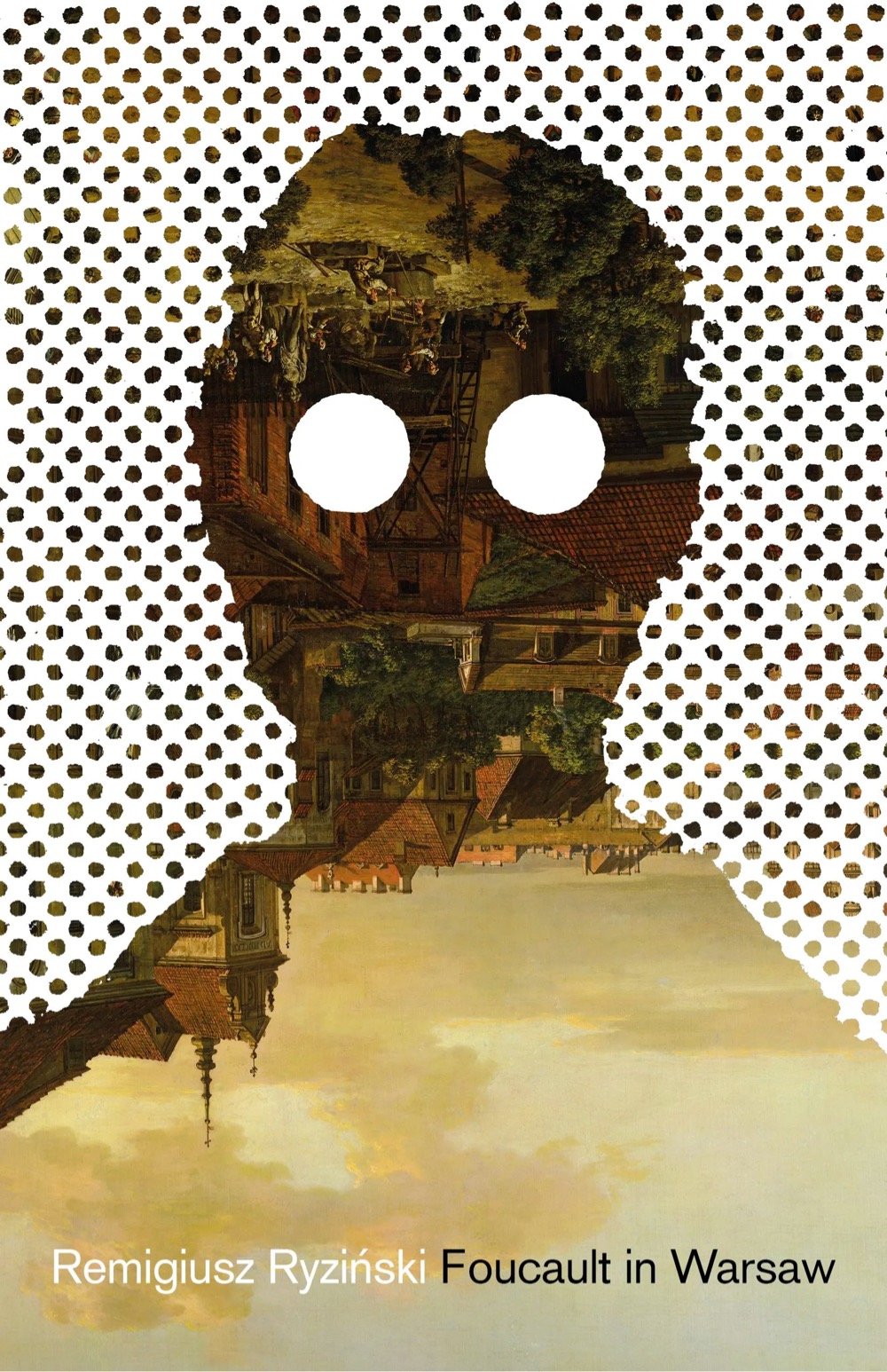
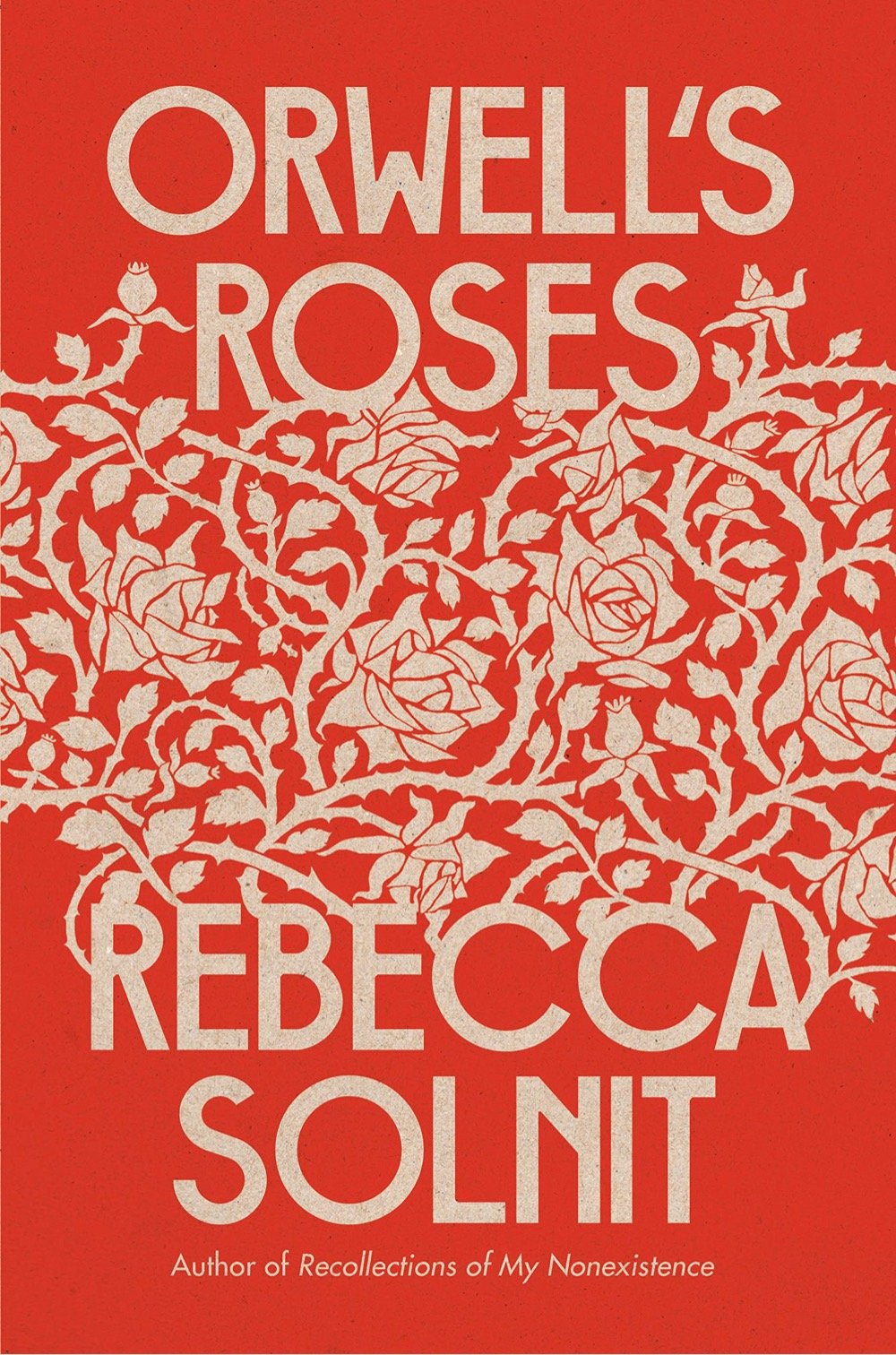
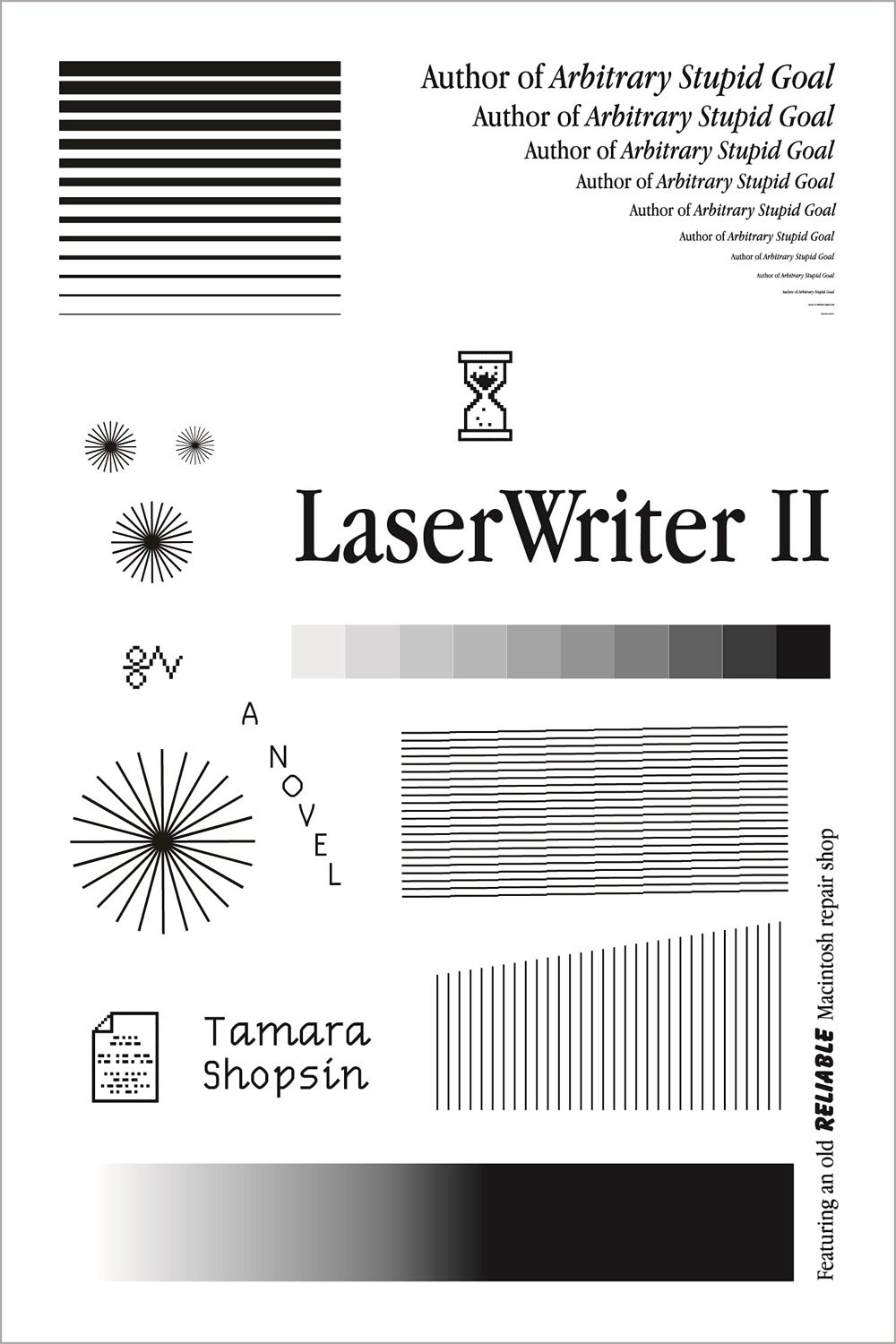
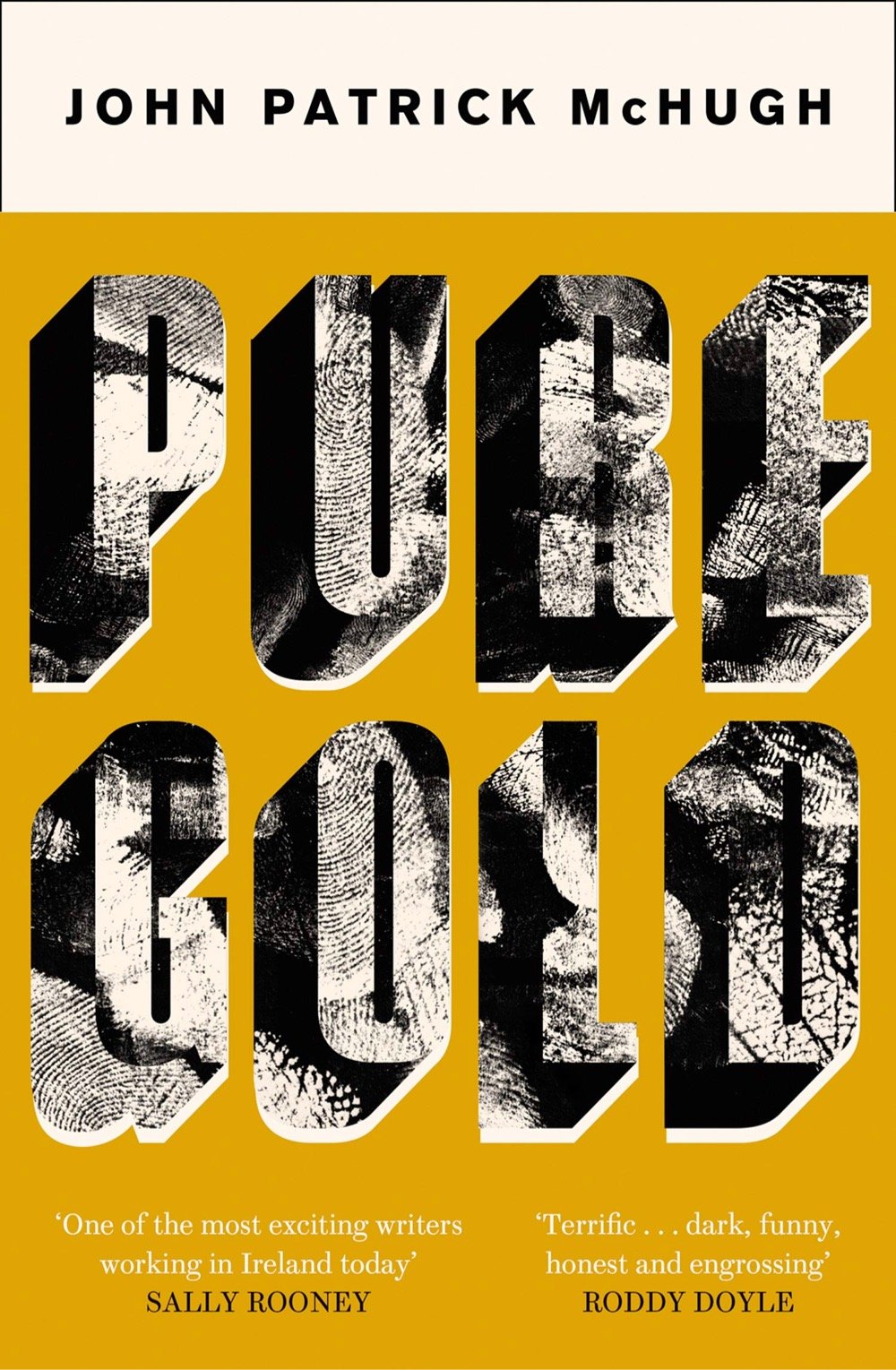
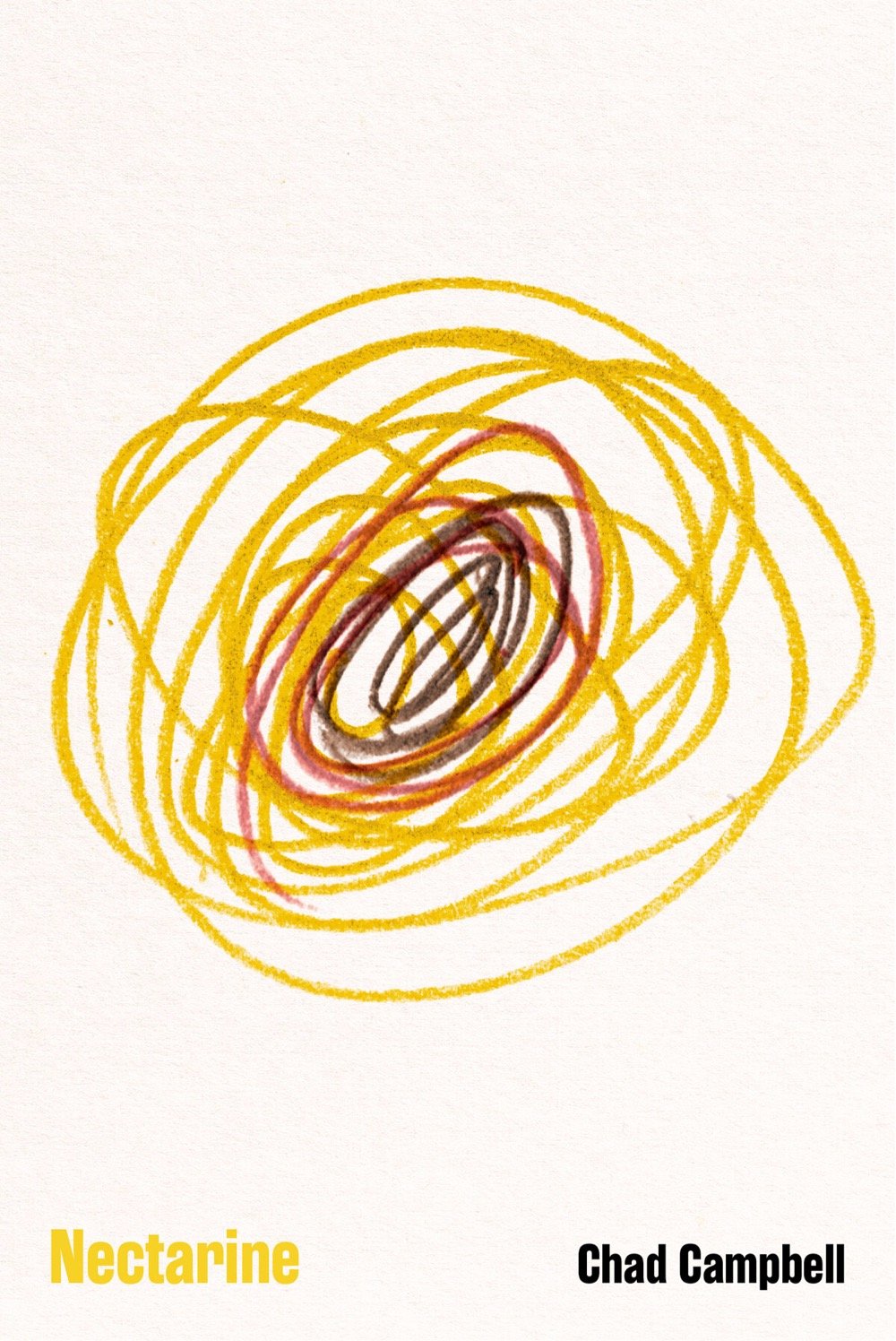
I only read ebooks these days and don’t make it to the one decent bookstore within a 60-minute drive from my house that often, but I still love love book covers. As I do every year, I’ve perused the end-of-year lists of the best covers and pulled out some favorites, which I’ve embedded above.
From top to bottom: Outlawed by Anna North, designed by Rachel Willey; Dead Souls by Sam Riviere, designed by Jamie Keenan; Foucault in Warsaw by Remigiusz Ryzinski, designed by Daniel Benneworth-Gray; Orwell’s Roses by Rebecca Solnit, designed by Gray318; Laserwriter II by Tamara Shopsin, designed by Tamara Shopsin;1 Pure Gold by John Patrick McHugh, designed by Jack Smyth; and Nectarine by Chad Campbell, designed by by Dave Drummond.
You can find many more great covers in these lists: The 50 Best Book Covers of 2021 (Print), The Best Book Covers of 2021 (NY Times), The 101 Best Book Covers of 2021 (Literary Hub), Notable Book Covers of 2021 (The Casual Optimist), 8 of the Best Book Covers of 2021 (AIGA Eye on Design), The best book covers of the year 2021 (Creative Review), and The Best Book Covers of 2021 (Book Riot).
See also my lists from past years: 2020, 2019, 2018, 2015, 2014, and 2013.


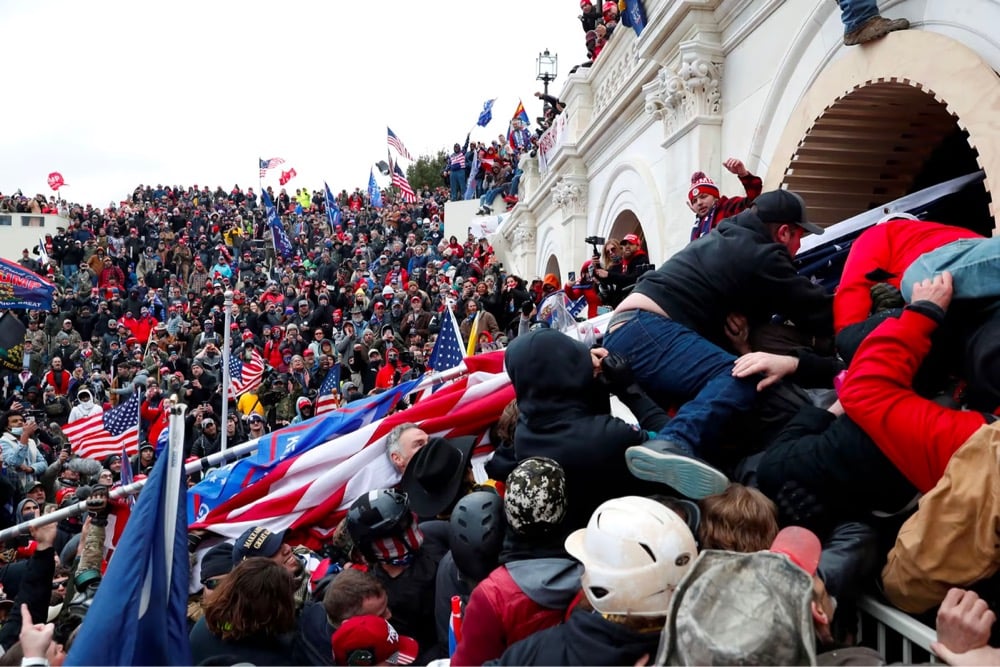

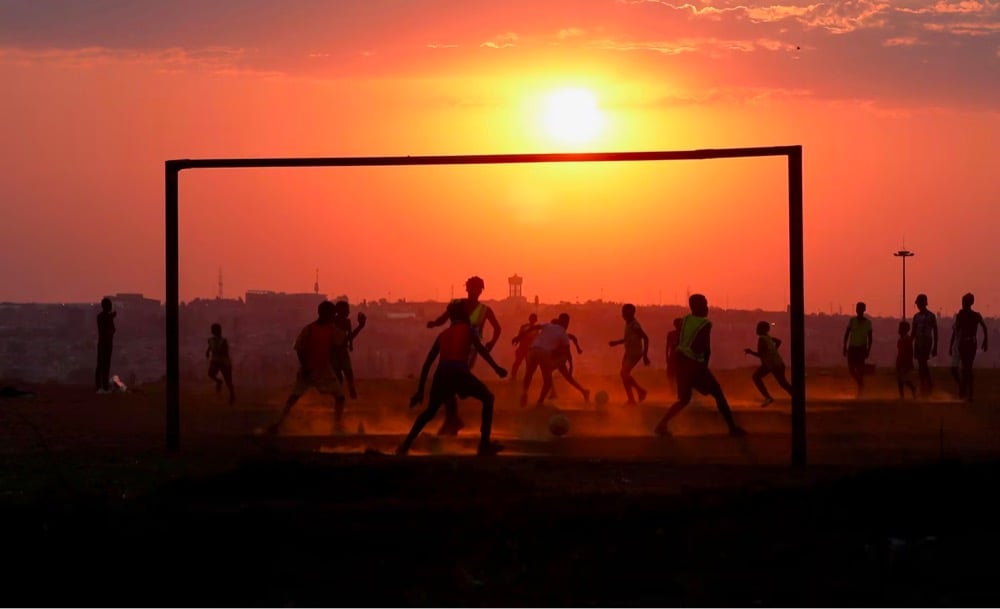


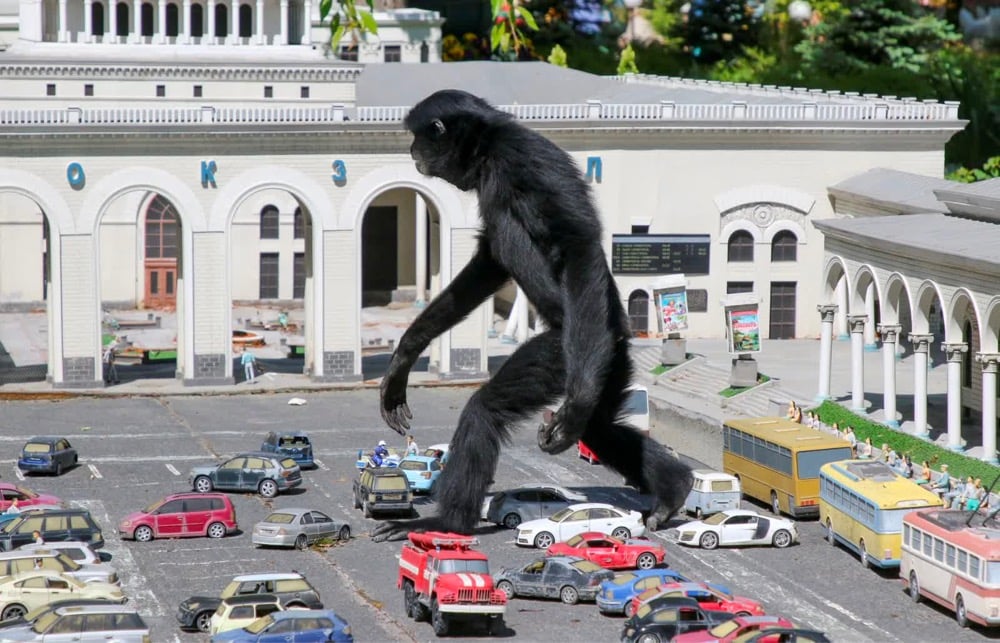
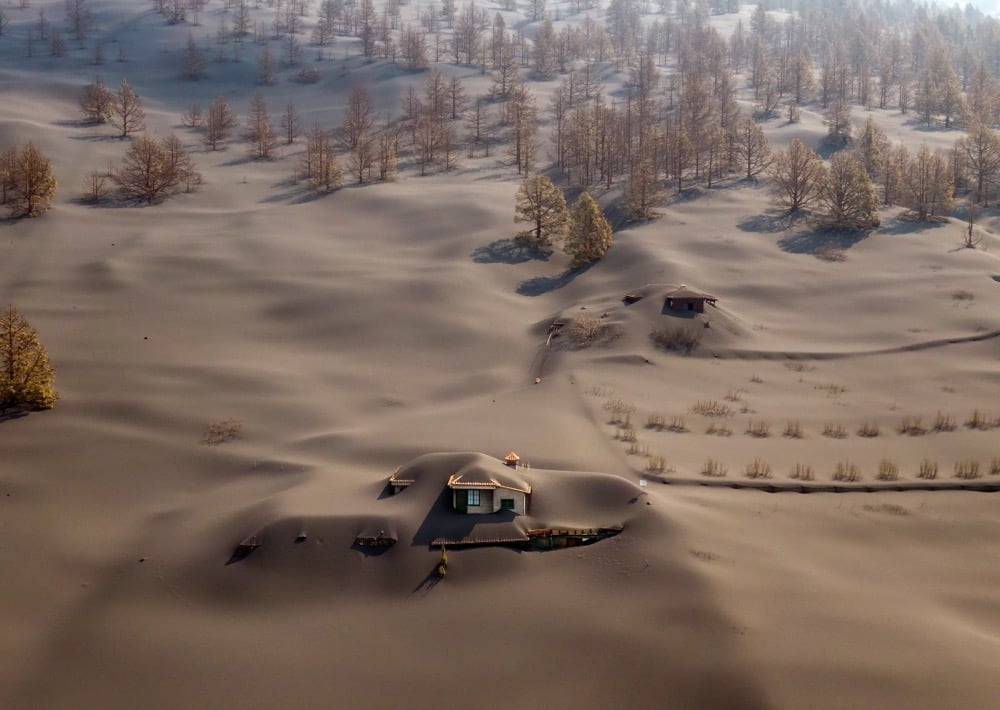


It is difficult to separate 2021 from the previous year — Covid, social & political unrest, and the climate crisis bind them together in my memory. I think, at the beginning of this year, many people thought it was going to be better year than the last, but instead it was 2020: The Sequel. Meaghan Looram summed the year up succinctly for the NY Times:
The year 2021 opened with the promise of vaccines, and the belief that we would all return to “normal” after the tumultuous year of the pandemic. But the year instead took off with an insurrection in the U.S. Capitol, and saw a summer of carefree gatherings derailed by a fast-spreading virus. Governments fell, democracies were challenged, and climate-related destruction was unleashed, all while the casualties of the pandemic continued to amass. The vaccine saved some lives, but human passions, hopes and fears did their usual work to create a year that was anything but calm, and is ending with the prospect of a new variant upending plans once again.
As I do every year, I went through a bunch of photos-of-the-year lists and picked up some favorites; they are embedded above. The first photo, taken by amateur photographer Shawn Triplett with his iPhone in the aftermath of the Kentucky tornados, wasn’t included in any of the lists but it was probably my favorite of the year. There’s something about the framing, the emptiness, the destruction, and the screen-mediated chaos vs. order that is the perfect metaphor for how things are feeling right now.
You can check out more of the year’s best photos here:
The photos above were taken by (from top to bottom): Shawn Triplett, satellite imagery, Shannon Stapleton, Jouni Porsanger, Siphiwe Sibeko, Callaghan O’Hare, Don Seabrook, Alexey Pavlishak, Emilio Morenatti, Anonymous, and Doug Mills.
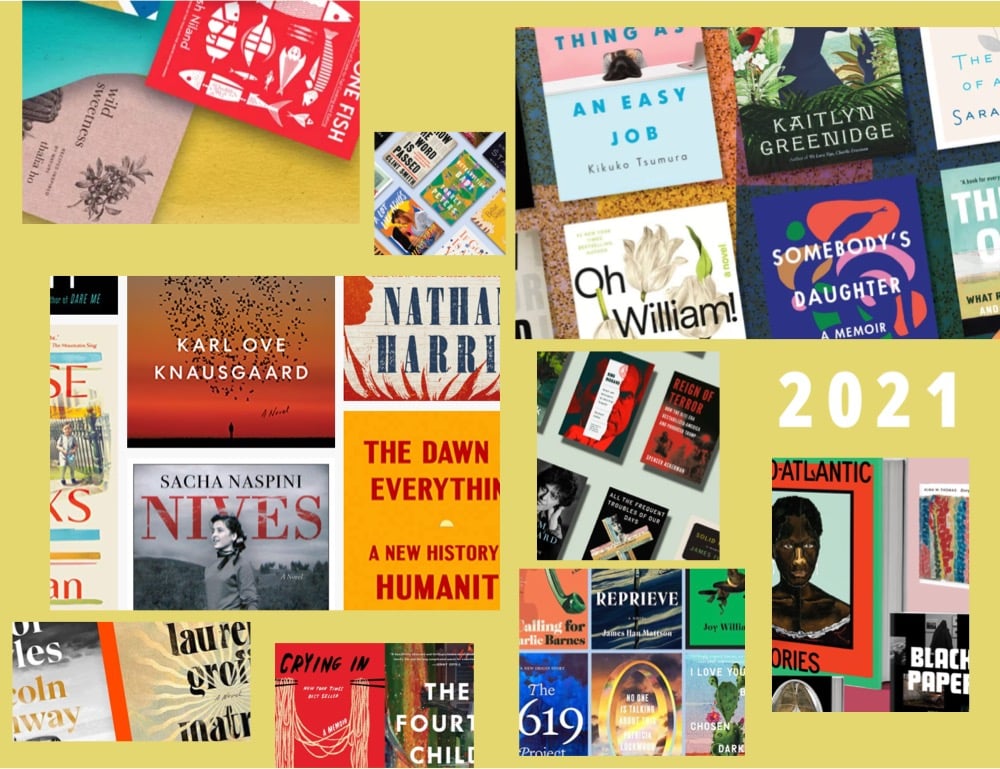
Like last year, I had a lot of trouble reading this year and even more difficulty regularly visiting good book stores, with months-long stretches without both. So, I went into compiling this post with a (fairly) clean slate and it was exciting to learn about what’s been good this year.
I consulted a number of best-of lists (fiction, nonfiction, kids, poetry, audiobooks, food/cooking, art) and here’s what popped out at me. [All source lists are included at the bottom of the post. ** denotes books I have read or am currently reading.]
Beautiful World, Where Are You (ebook) by Sally Rooney.**
Alice, a novelist, meets Felix, who works in a warehouse, and asks him if he’d like to travel to Rome with her. In Dublin, her best friend, Eileen, is getting over a break-up, and slips back into flirting with Simon, a man she has known since childhood.
Alice, Felix, Eileen, and Simon are still young — but life is catching up with them. They desire each other, they delude each other, they get together, they break apart. They have sex, they worry about sex, they worry about their friendships and the world they live in. Are they standing in the last lighted room before the darkness, bearing witness to something? Will they find a way to believe in a beautiful world?
When We Cease to Understand the World (ebook) by Benjamín Labatut.
When We Cease to Understand the World is a book about the complicated links between scientific and mathematical discovery, madness, and destruction.
Fritz Haber, Alexander Grothendieck, Werner Heisenberg, Erwin Schrödinger—these are some of luminaries into whose troubled lives Benjamín Labatut thrusts the reader, showing us how they grappled with the most profound questions of existence. They have strokes of unparalleled genius, alienate friends and lovers, descend into isolation and insanity. Some of their discoveries reshape human life for the better; others pave the way to chaos and unimaginable suffering. The lines are never clear.
Crying in H Mart (ebook) by Michelle Zauner.
In this exquisite story of family, food, grief, and endurance, Michelle Zauner proves herself far more than a dazzling singer, songwriter, and guitarist. With humor and heart, she tells of growing up one of the few Asian American kids at her school in Eugene, Oregon; of struggling with her mother’s particular, high expectations of her; of a painful adolescence; of treasured months spent in her grandmother’s tiny apartment in Seoul, where she and her mother would bond, late at night, over heaping plates of food.
Klara and the Sun (ebook) by Kazuo Ishiguro.**
Here is the story of Klara, an Artificial Friend with outstanding observational qualities, who, from her place in the store, watches carefully the behavior of those who come in to browse, and of those who pass on the street outside. She remains hopeful that a customer will soon choose her. Klara and the Sun is a thrilling book that offers a look at our changing world through the eyes of an unforgettable narrator, and one that explores the fundamental question: what does it mean to love?
Somebody’s Daughter: A Memoir (ebook) by Ashley C. Ford.
Through poverty, adolescence, and a fraught relationship with her mother, Ashley C. Ford wishes she could turn to her father for hope and encouragement. There are just a few problems: he’s in prison, and she doesn’t know what he did to end up there. She doesn’t know how to deal with the incessant worries that keep her up at night, or how to handle the changes in her body that draw unwanted attention from men. In her search for unconditional love, Ashley begins dating a boy her mother hates. When the relationship turns sour, he assaults her. Still reeling from the rape, which she keeps secret from her family, Ashley desperately searches for meaning in the chaos. Then, her grandmother reveals the truth about her father’s incarceration… and Ashley’s entire world is turned upside down.
Empire of Pain: The Secret History of the Sackler Dynasty (ebook) by Patrick Radden Keefe.
A grand, devastating portrait of three generations of the Sackler family, famed for their philanthropy, whose fortune was built by Valium and whose reputation was destroyed by OxyContin. From the prize-winning and bestselling author of Say Nothing, as featured in the HBO documentary Crime of the Century.
The Sackler name adorns the walls of many storied institutions — Harvard, the Metropolitan Museum of Art, Oxford, the Louvre. They are one of the richest families in the world, known for their lavish donations to the arts and the sciences. The source of the family fortune was vague, however, until it emerged that the Sacklers were responsible for making and marketing a blockbuster painkiller that was the catalyst for the opioid crisis.
How the Word Is Passed: A Reckoning with the History of Slavery Across America (ebook) by Clint Smith.
Beginning in his hometown of New Orleans, Clint Smith leads the reader on an unforgettable tour of monuments and landmarks — those that are honest about the past and those that are not — that offer an intergenerational story of how slavery has been central in shaping our nation’s collective history, and ourselves.
No One Is Talking About This (ebook) by Patricia Lockwood.**
As this urgent, genre-defying book opens, a woman who has recently been elevated to prominence for her social media posts travels around the world to meet her adoring fans. She is overwhelmed by navigating the new language and etiquette of what she terms the portal, where she grapples with an unshakable conviction that a vast chorus of voices is now dictating her thoughts. When existential threats — from climate change and economic precariousness to the rise of an unnamed dictator and an epidemic of loneliness — begin to loom, she posts her way deeper into the portal’s void.
Cloud Cuckoo Land (ebook) by Anthony Doerr.
Set in Constantinople in the fifteenth century, in a small town in present-day Idaho, and on an interstellar ship decades from now, Anthony Doerr’s gorgeous third novel is a triumph of imagination and compassion, a soaring story about children on the cusp of adulthood in worlds in peril, who find resilience, hope — and a book.
The 1619 Project: A New Origin Story (ebook) edited by Nikole Hannah-Jones.
The New York Times Magazine’s award-winning “1619 Project” issue reframed our understanding of American history by placing slavery and its continuing legacy at the center of our national narrative. This new book substantially expands on that work, weaving together eighteen essays that explore the legacy of slavery in present-day America with thirty-six poems and works of fiction that illuminate key moments of oppression, struggle, and resistance. The essays show how the inheritance of 1619 reaches into every part of contemporary American society, from politics, music, diet, traffic, and citizenship to capitalism, religion, and our democracy itself.
Matrix (ebook) by Lauren Groff.
One of our best American writers, Lauren Groff returns with her exhilarating first new novel since the groundbreaking Fates and Furies.
Cast out of the royal court by Eleanor of Aquitaine, deemed too coarse and rough-hewn for marriage or courtly life, seventeen-year-old Marie de France is sent to England to be the new prioress of an impoverished abbey, its nuns on the brink of starvation and beset by disease.
Four Thousand Weeks: Time Management for Mortals (ebook) by Oliver Burkeman.
Drawing on the insights of both ancient and contemporary philosophers, psychologists, and spiritual teachers, Oliver Burkeman delivers an entertaining, humorous, practical, and ultimately profound guide to time and time management. Rejecting the futile modern fixation on “getting everything done,” Four Thousand Weeks introduces readers to tools for constructing a meaningful life by embracing finitude, showing how many of the unhelpful ways we’ve come to think about time aren’t inescapable, unchanging truths, but choices we’ve made as individuals and as a society — and that we could do things differently.
Harlem Shuffle (ebook) by Colson Whitehead.
Harlem Shuffle’s ingenious story plays out in a beautifully recreated New York City of the early 1960s. It’s a family saga masquerading as a crime novel, a hilarious morality play, a social novel about race and power, and ultimately a love letter to Harlem.
Yolk (ebook) by Mary H.K. Choi.
From New York Times bestselling author Mary H.K. Choi comes a funny and emotional story about two estranged sisters and how far they’ll go to save one of their lives — even if it means swapping identities.
The Lincoln Highway (ebook) by Amor Towles.
The bestselling author of A Gentleman in Moscow and Rules of Civility and master of absorbing, sophisticated fiction returns with a stylish and propulsive novel set in 1950s America.
I’m all jazzed up about reading now…I love books and I need to figure out how to read more of them in the upcoming year. Here are some of the lists I used to assemble this collection:
Note: When you buy through links on kottke.org, I may earn an affiliate commission. This year, I’m linking mostly to Bookshop.org but if you read on the Kindle or Bookshop is out of stock, you can try Amazon. Thanks for supporting the site!
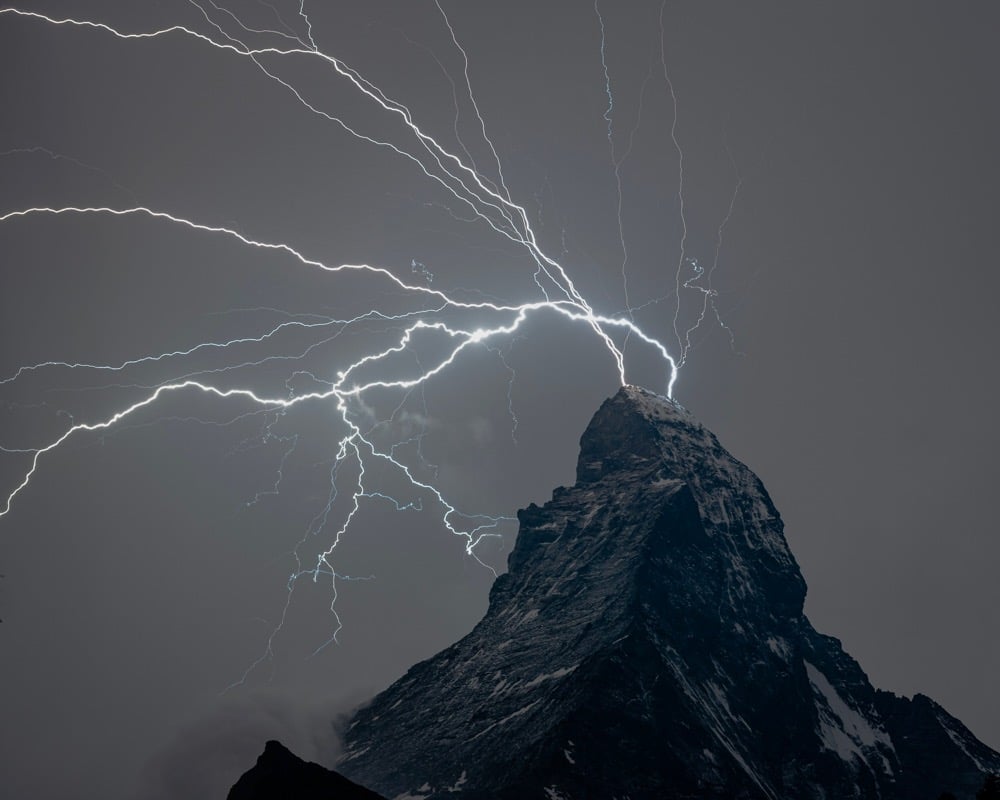
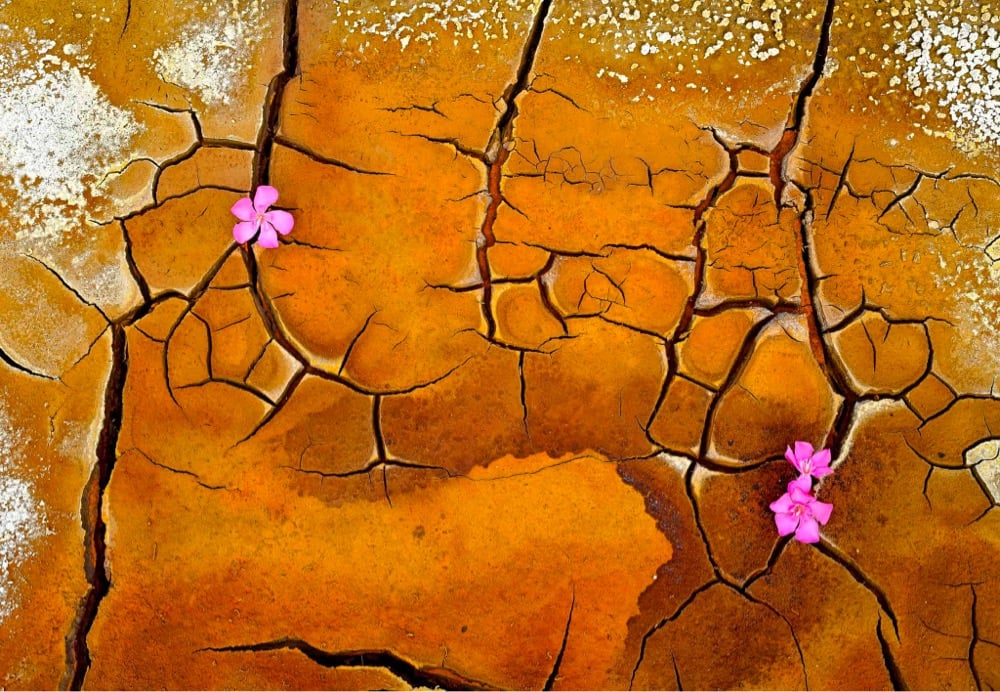
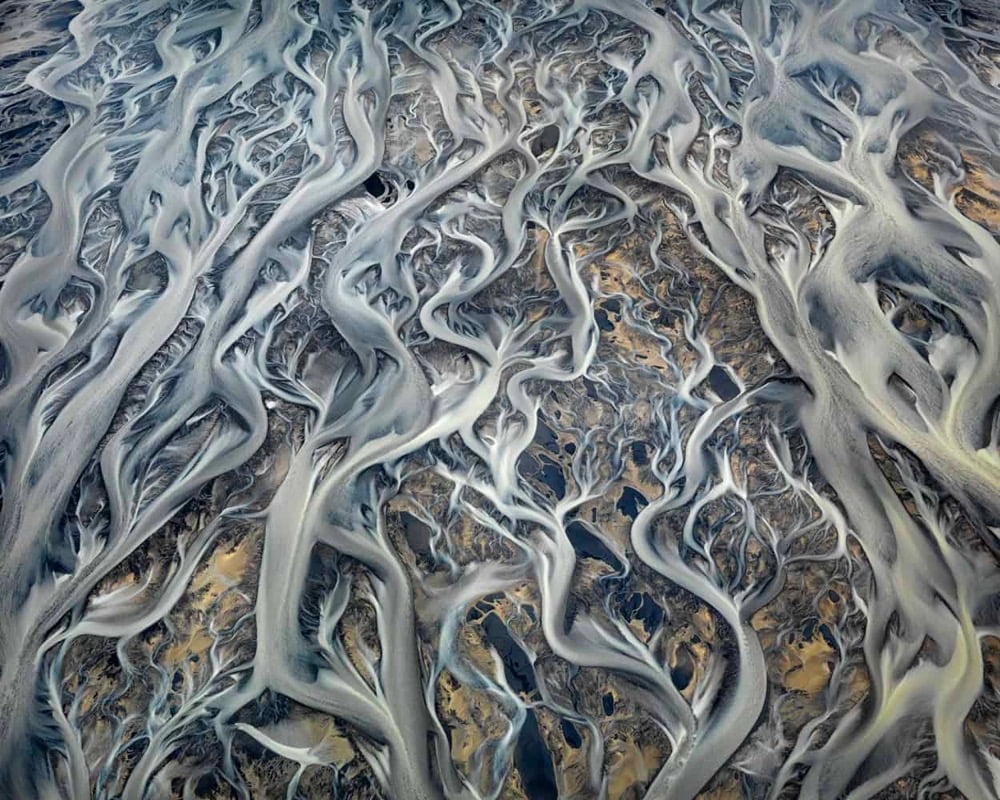

After sorting through 13,000 photographs submitted by over 1300 photographers from all over the world, the winners of the very first Natural Landscape Photography Awards have been announced. A few of my favorite winners are embedded above; from top to bottom, Paul Hammett, Antonio Fernandez, Hans Strand, and Tobias Richter. Hammett’s shot of lightning striking the Matterhorn took 30 minutes of patience to capture:
Setting up my tripod as thunder boomed around me, hopes of getting an image turned to excitement as the storm moved over the Matterhorn.
I was briefly frustrated trying to nail focus and settings in the dark. Occasional flashes of nearby lightning helped me recompose, refine focus and adjust settings. But I cursed each of them as a missed opportunity to get a shot. Once happy with the camera set up, I could take time to fire off numerous 10 second exposures and just watch the show.
Each lightning strike gave me the shivers. When these two hit the summit, I knew I had something special in the camera.
(via colossal)
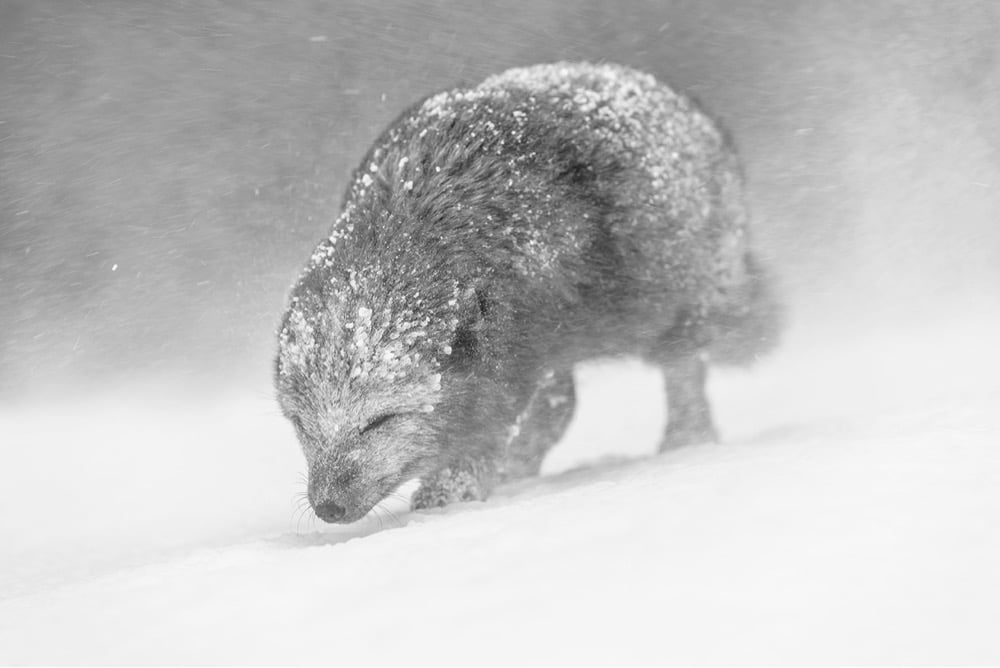


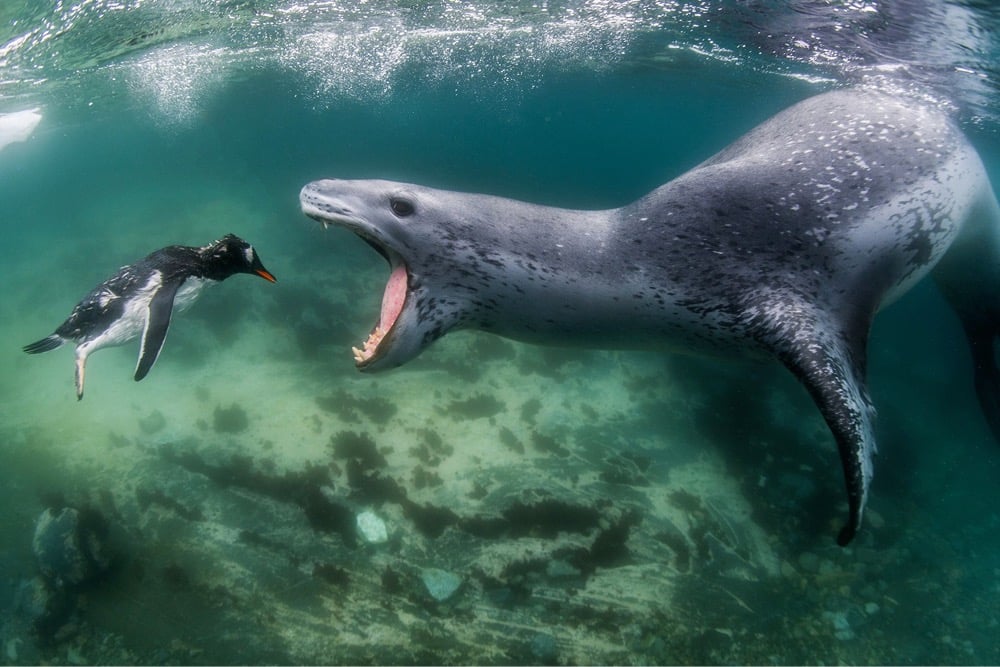





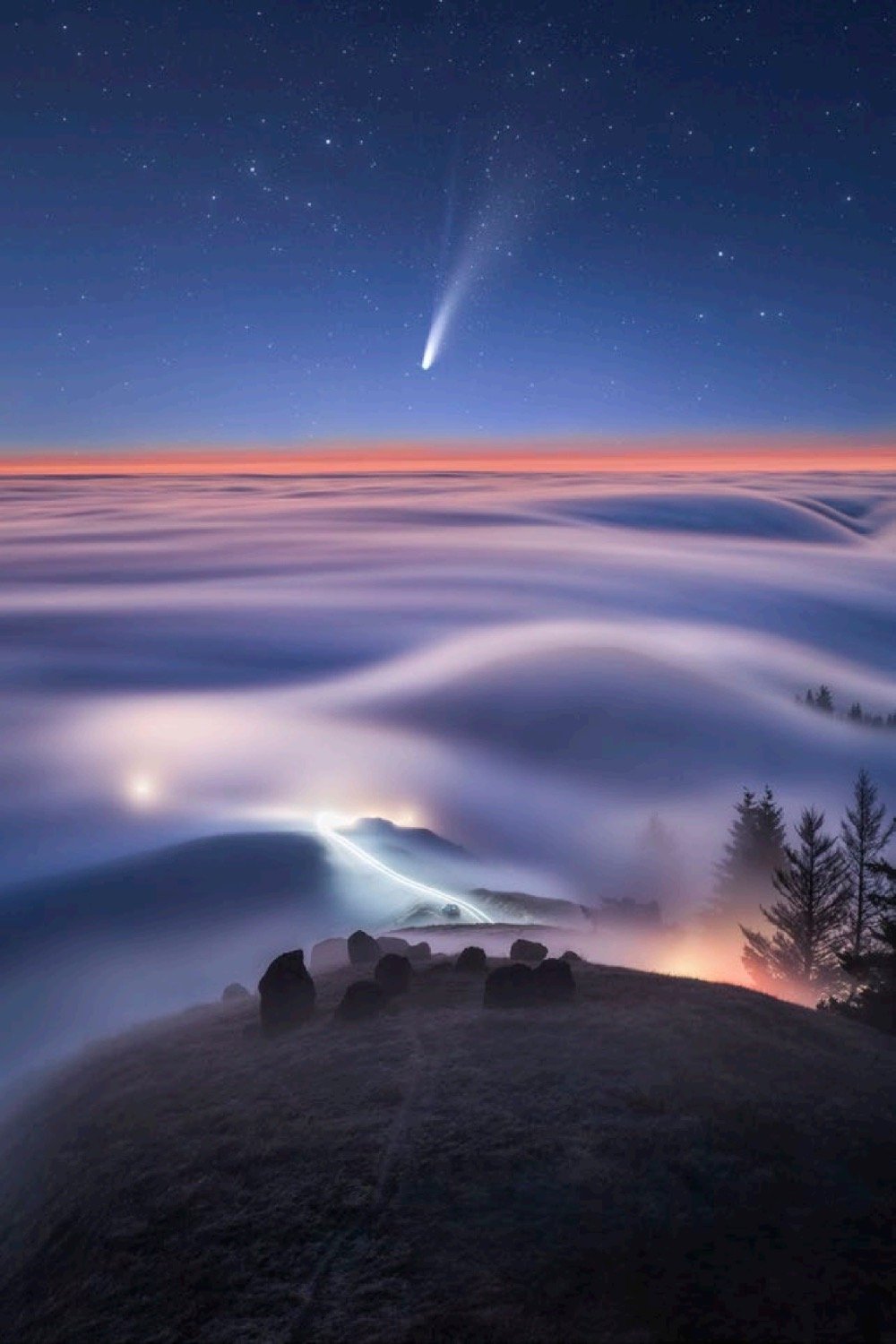

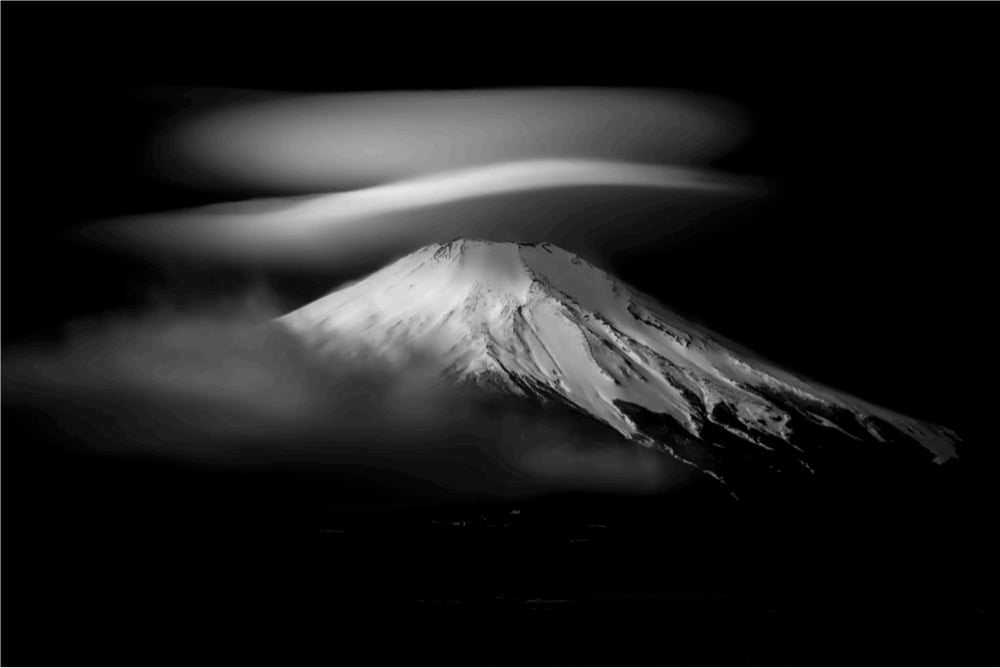
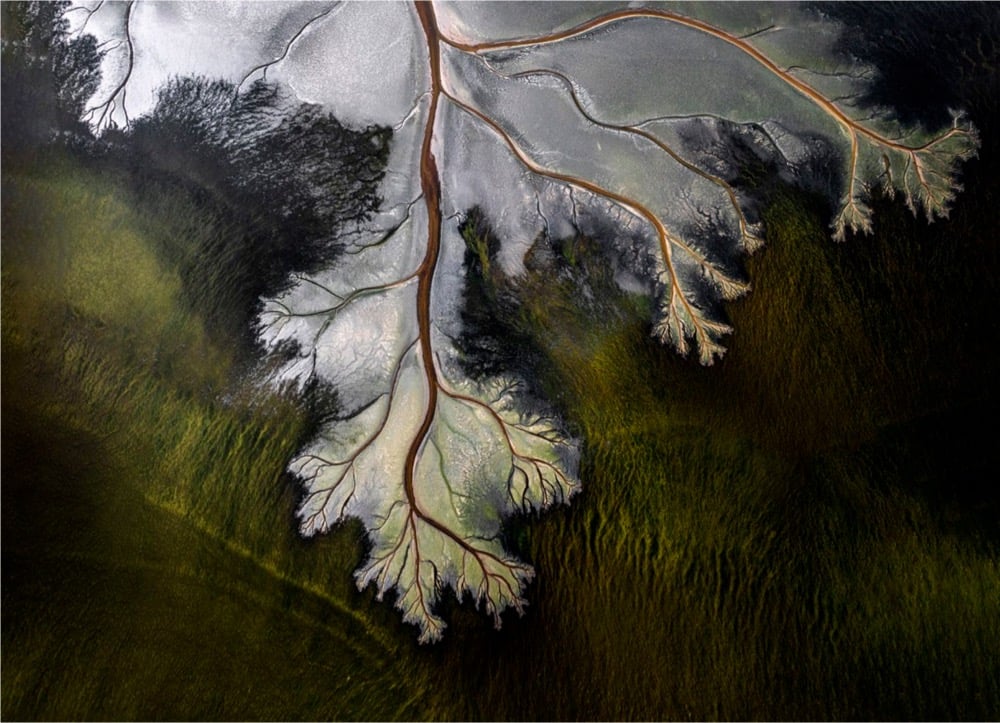
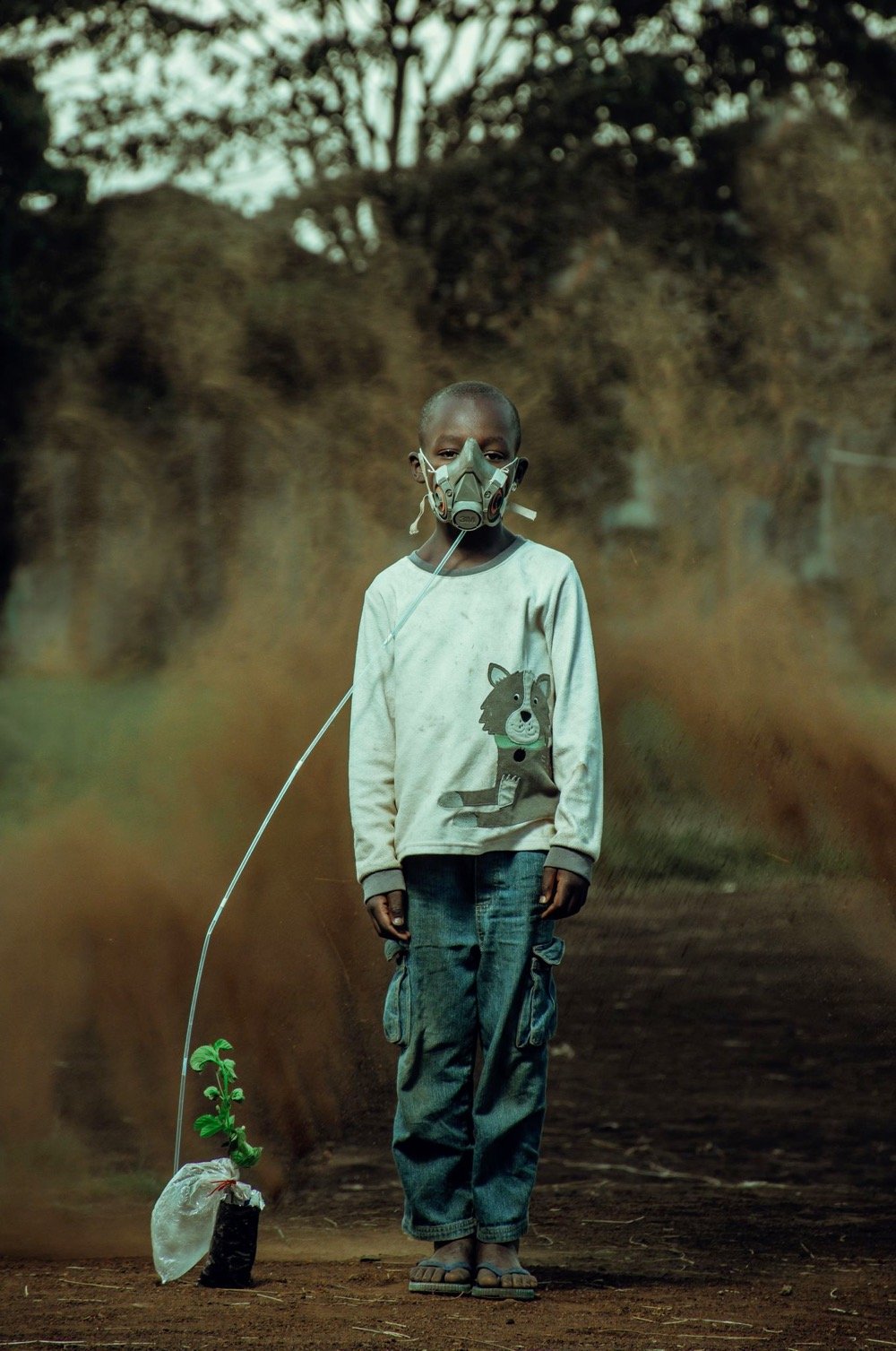

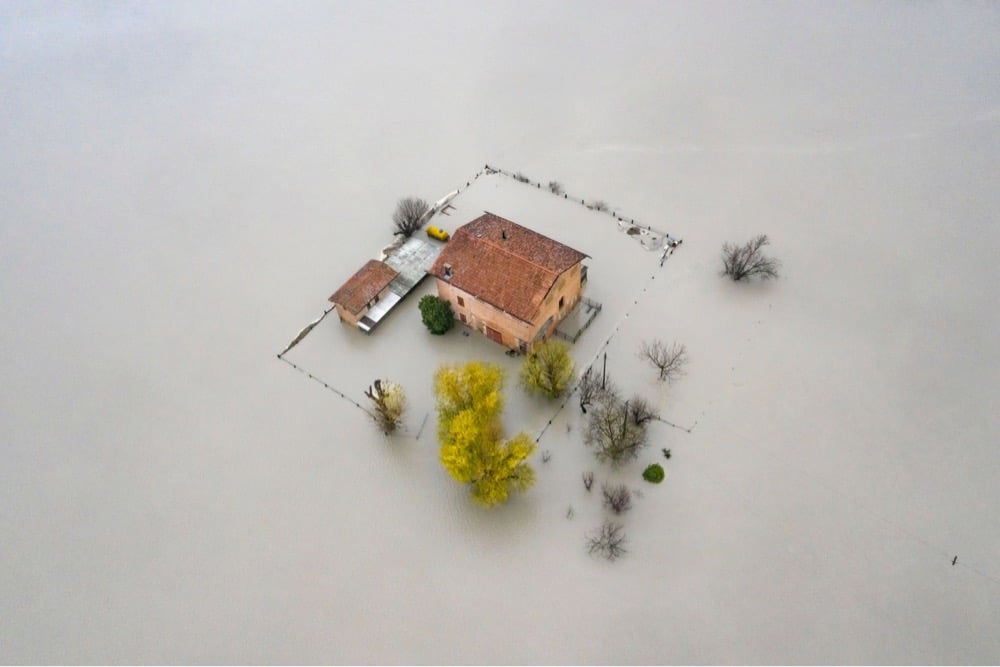


















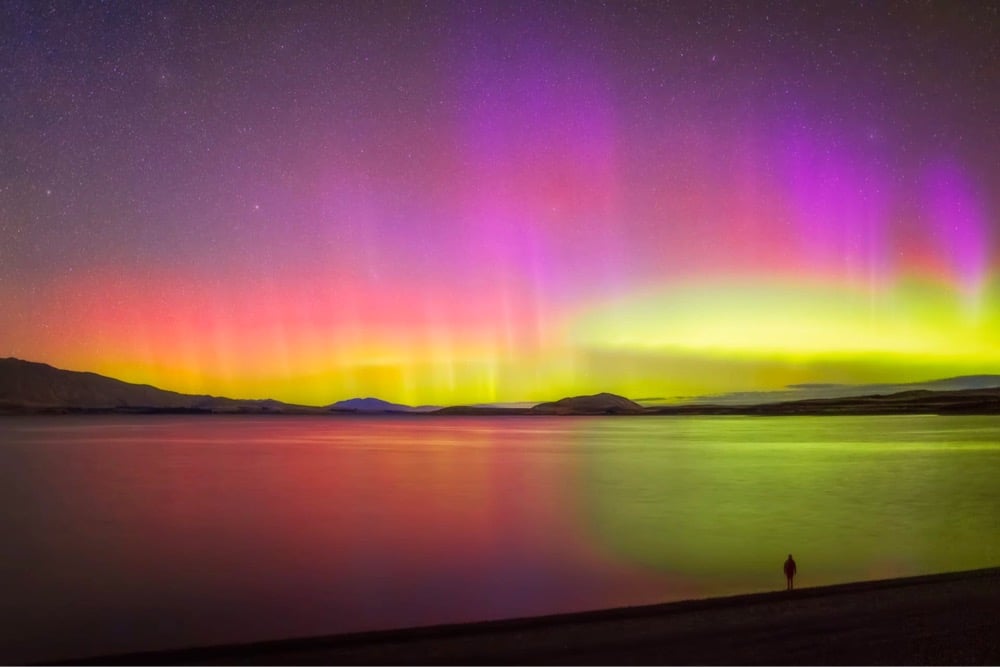
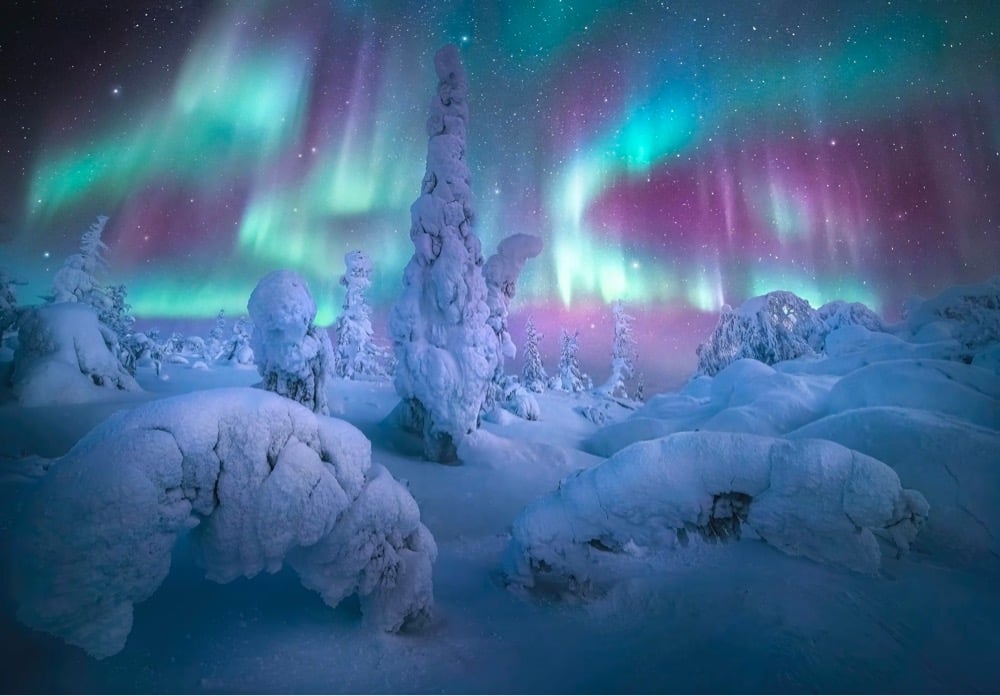
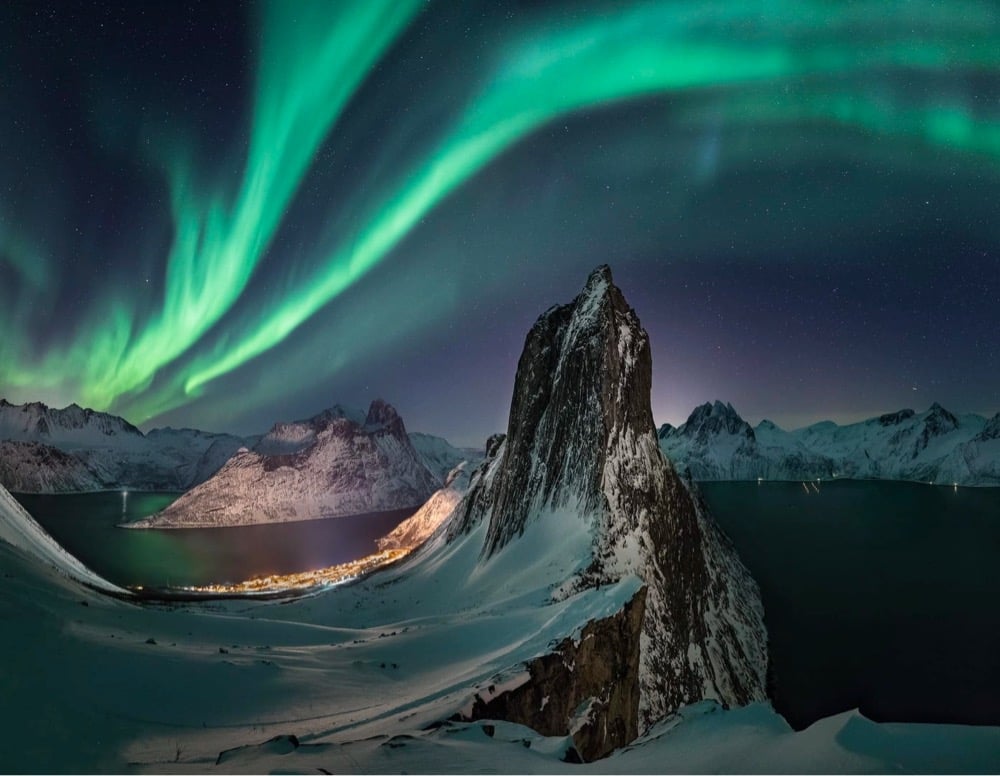
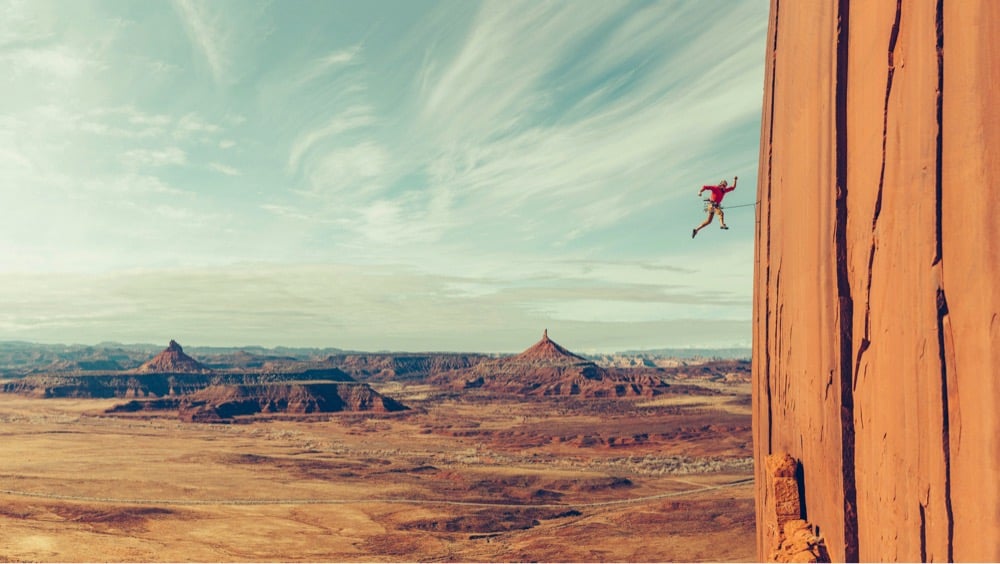

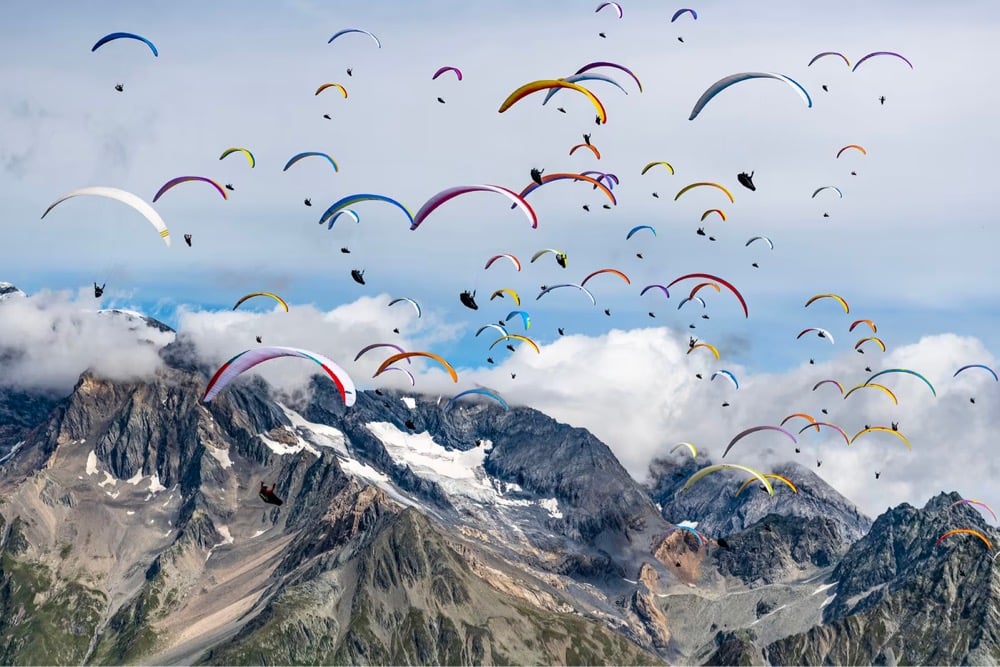





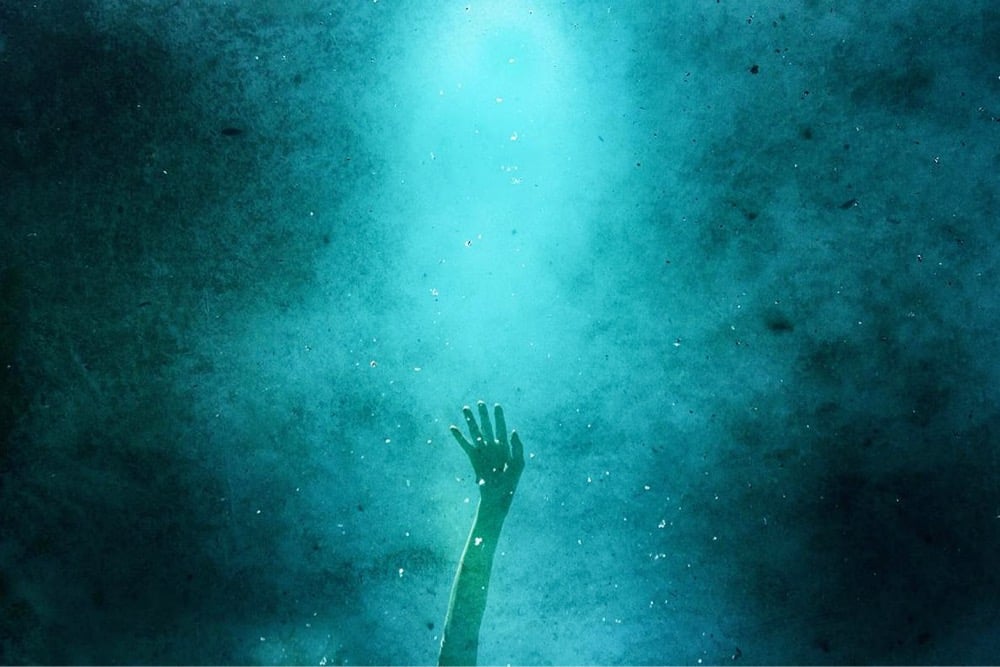
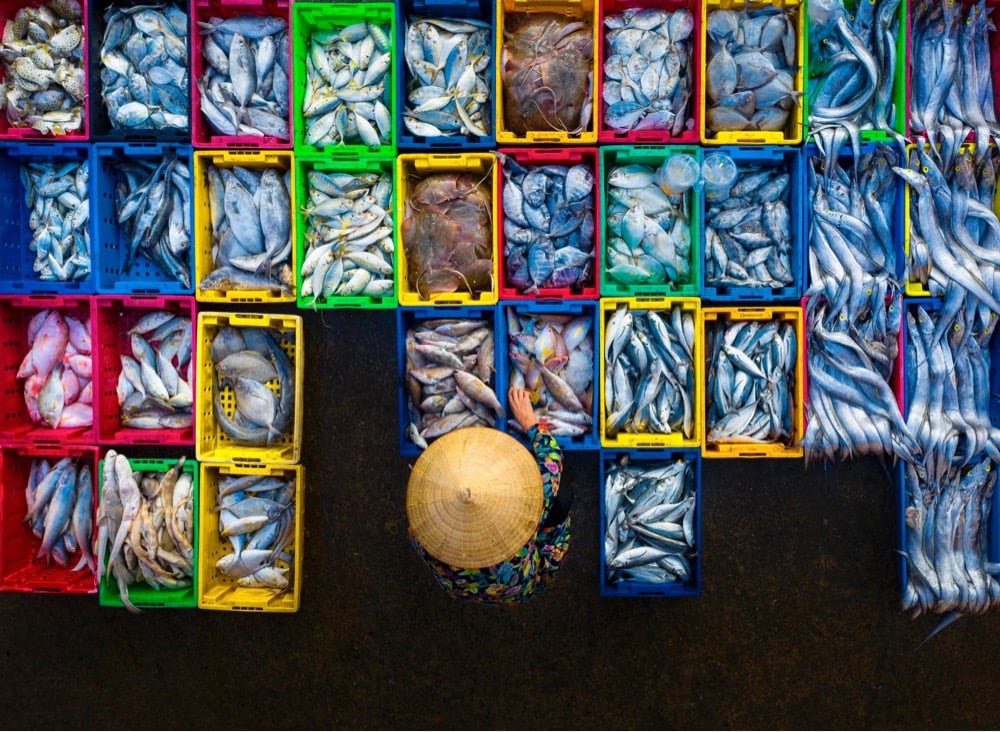
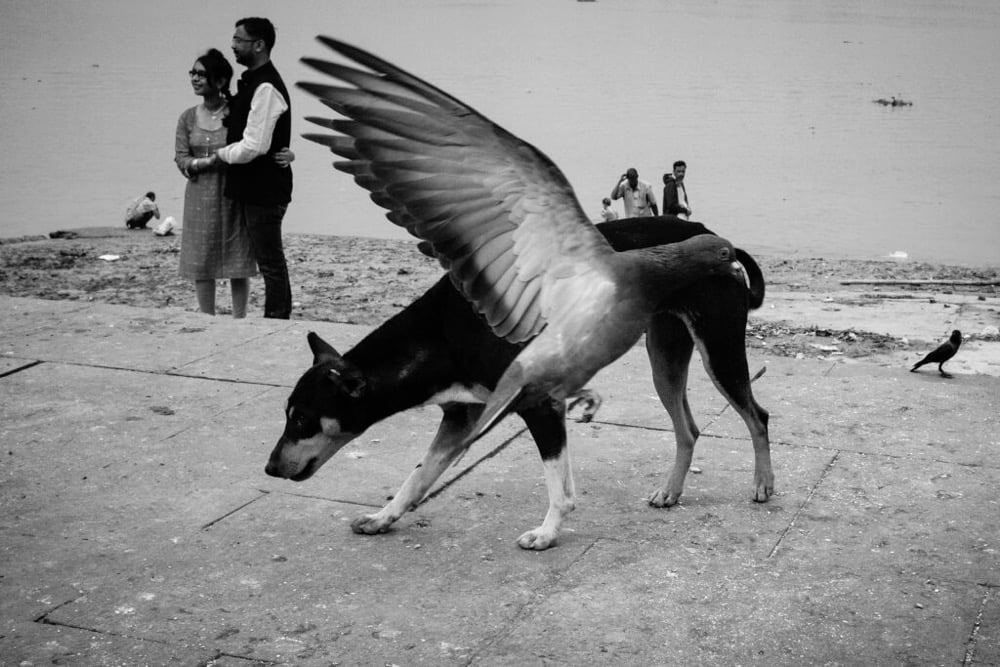

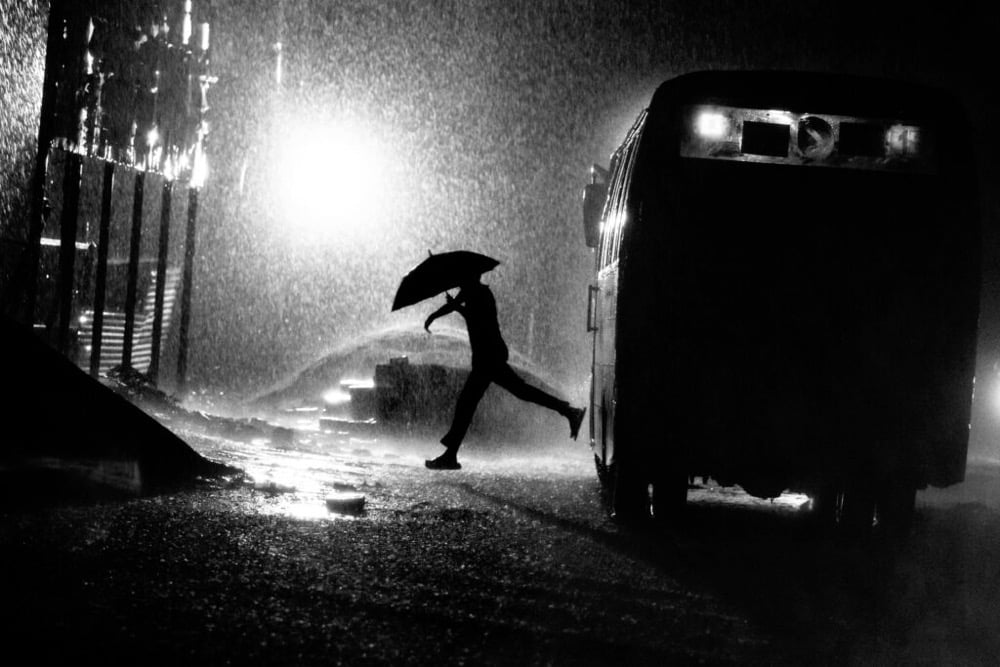
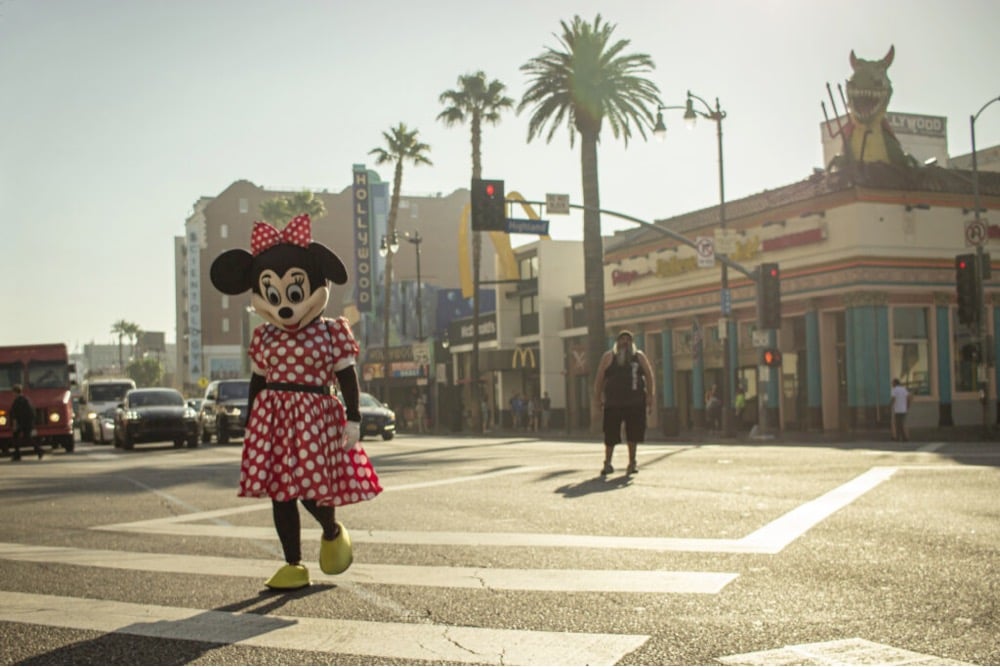
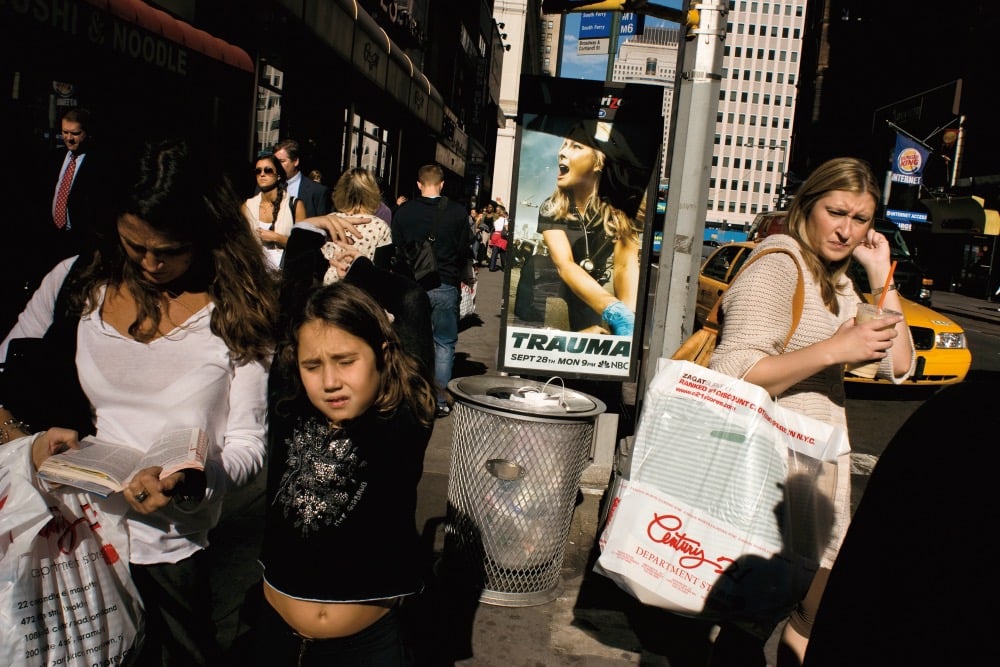




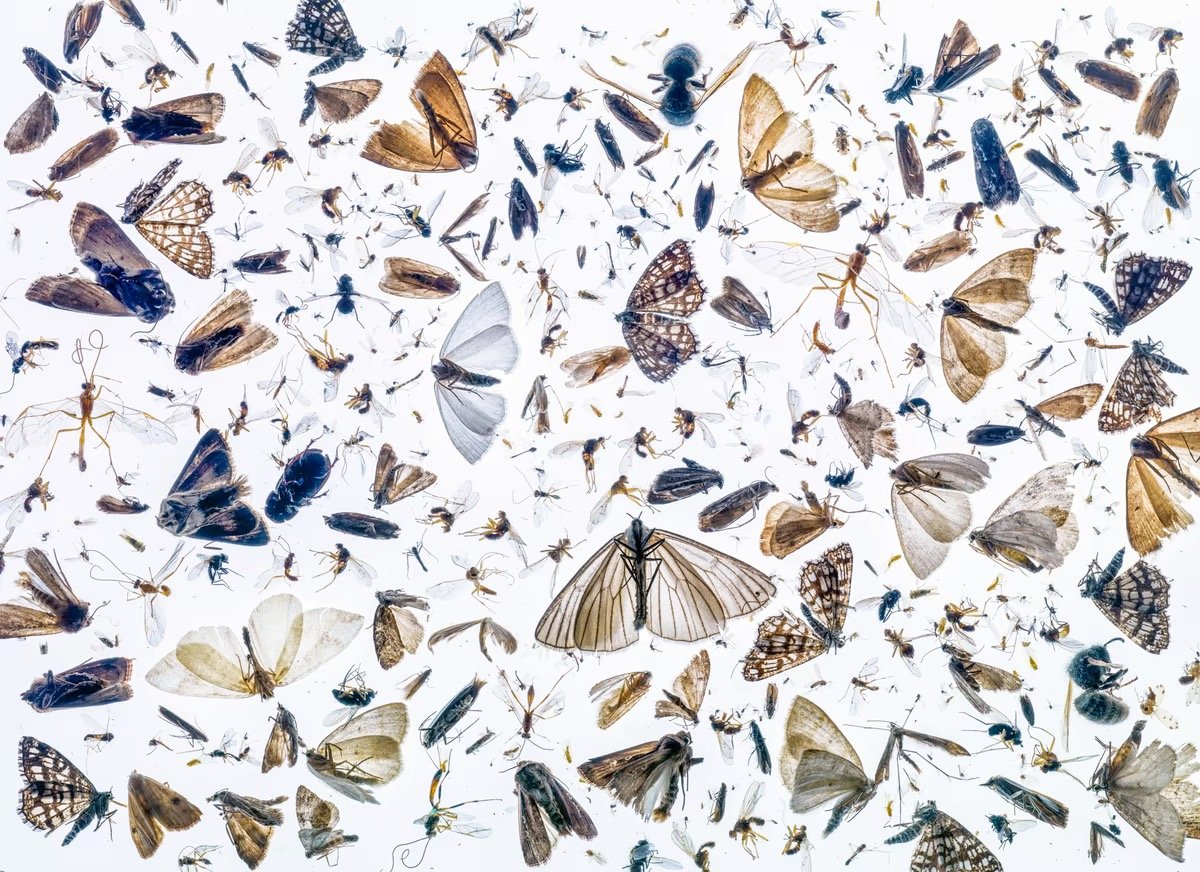

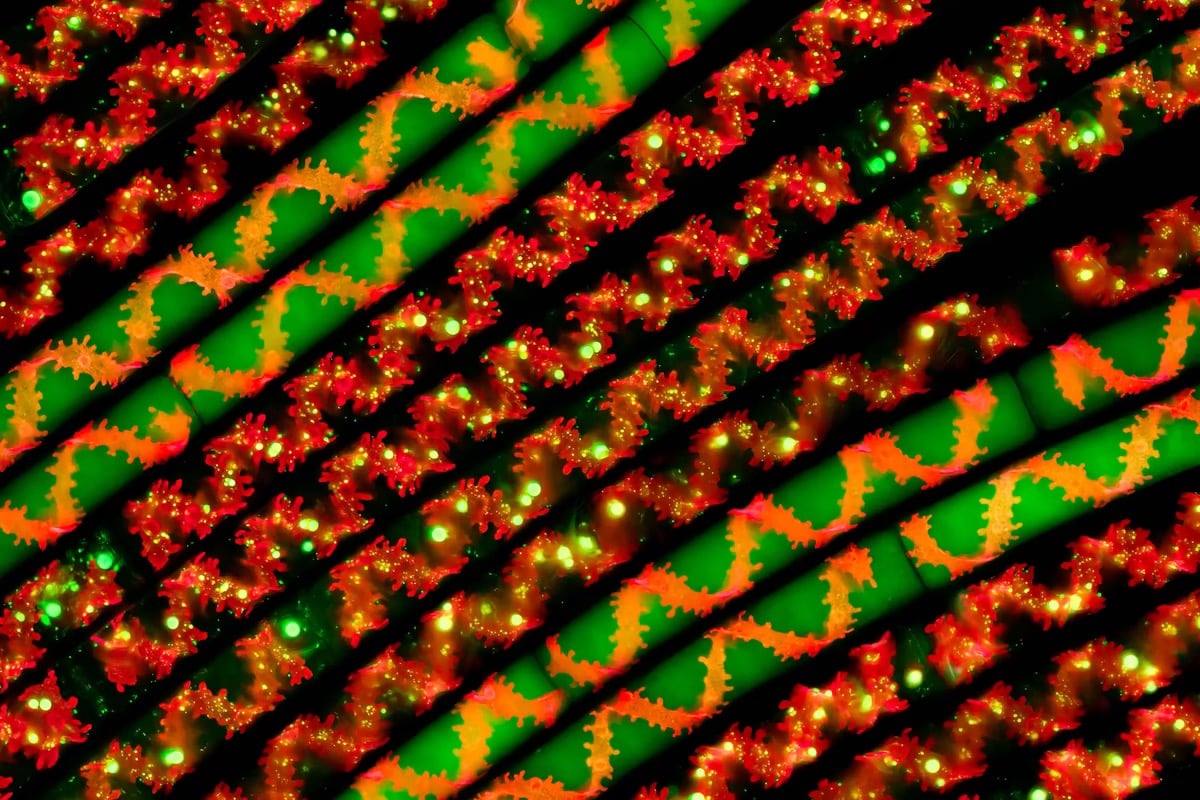
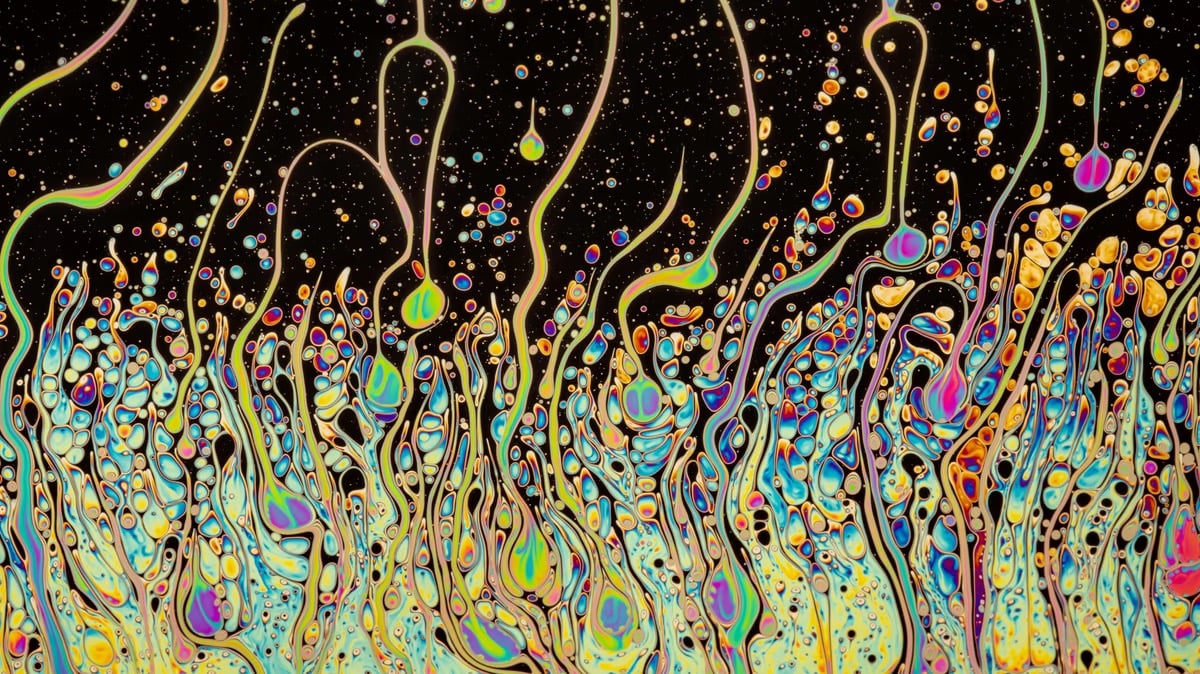
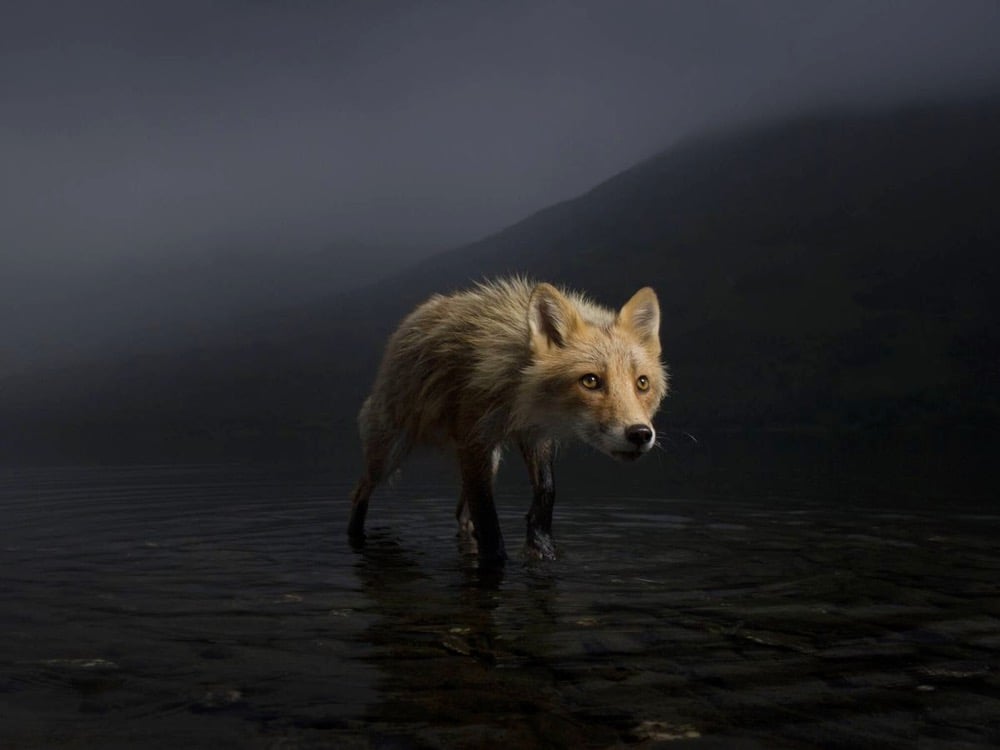
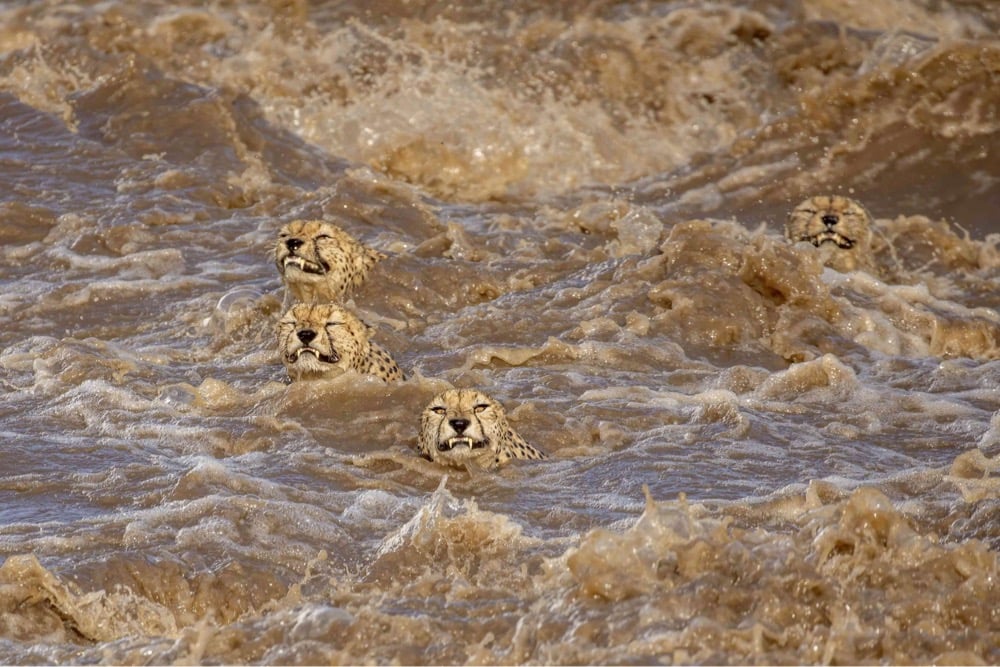


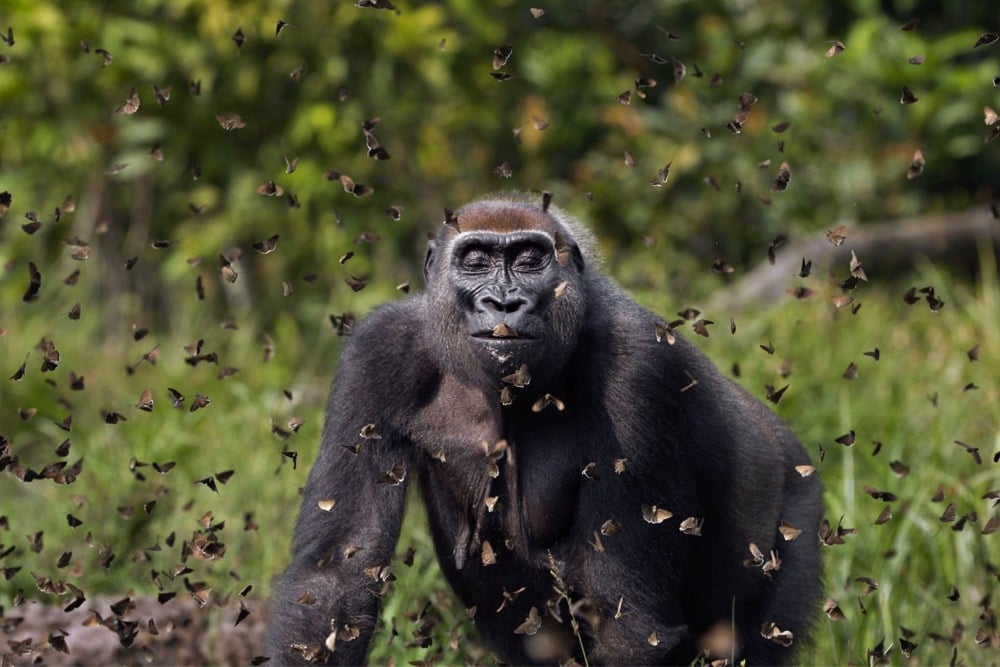
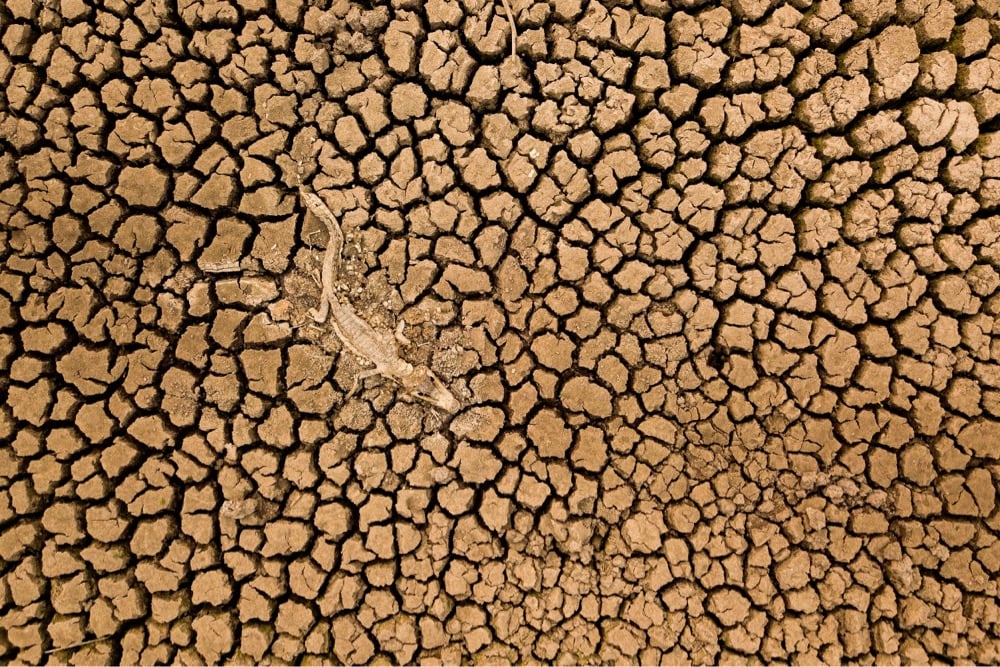
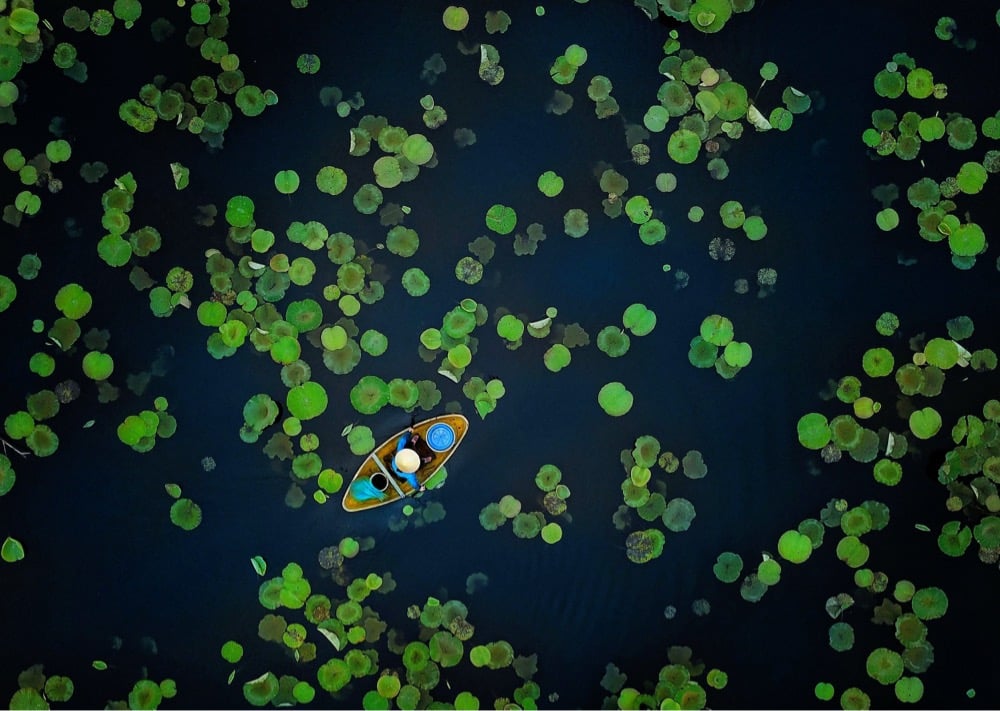


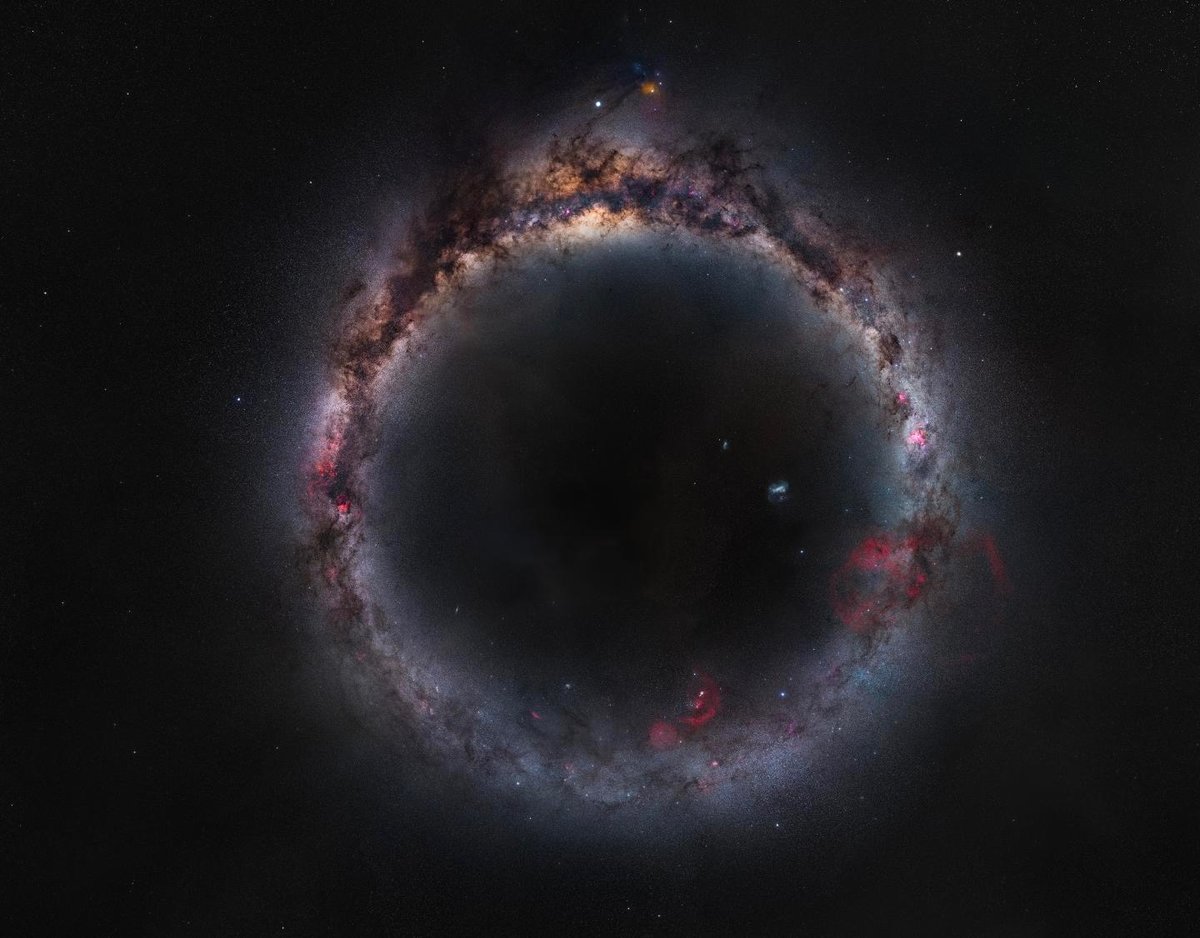


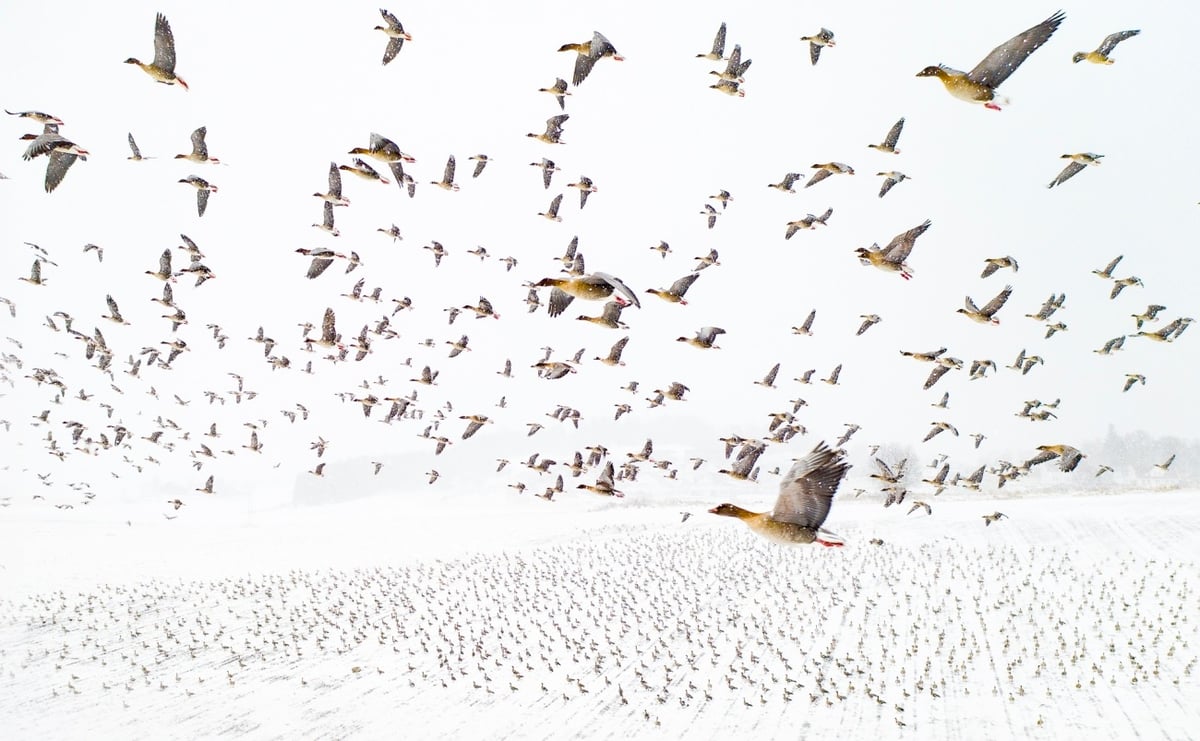
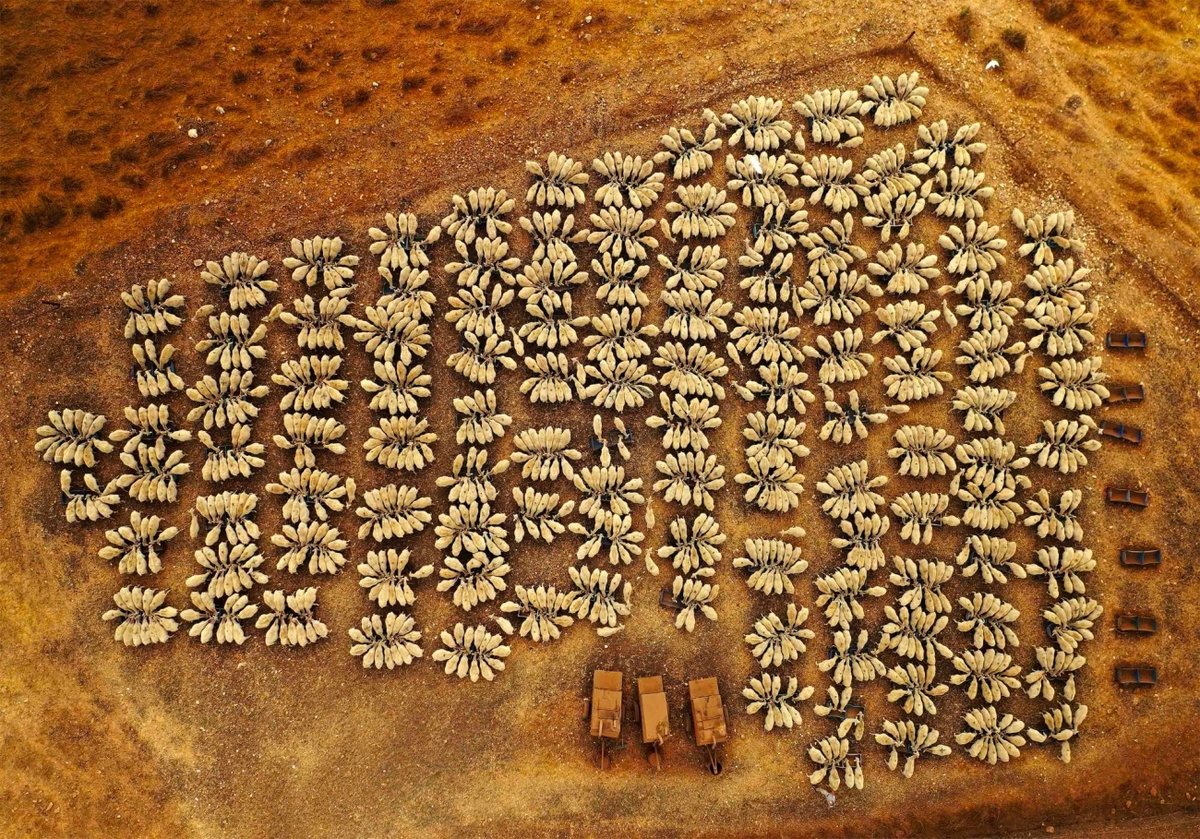
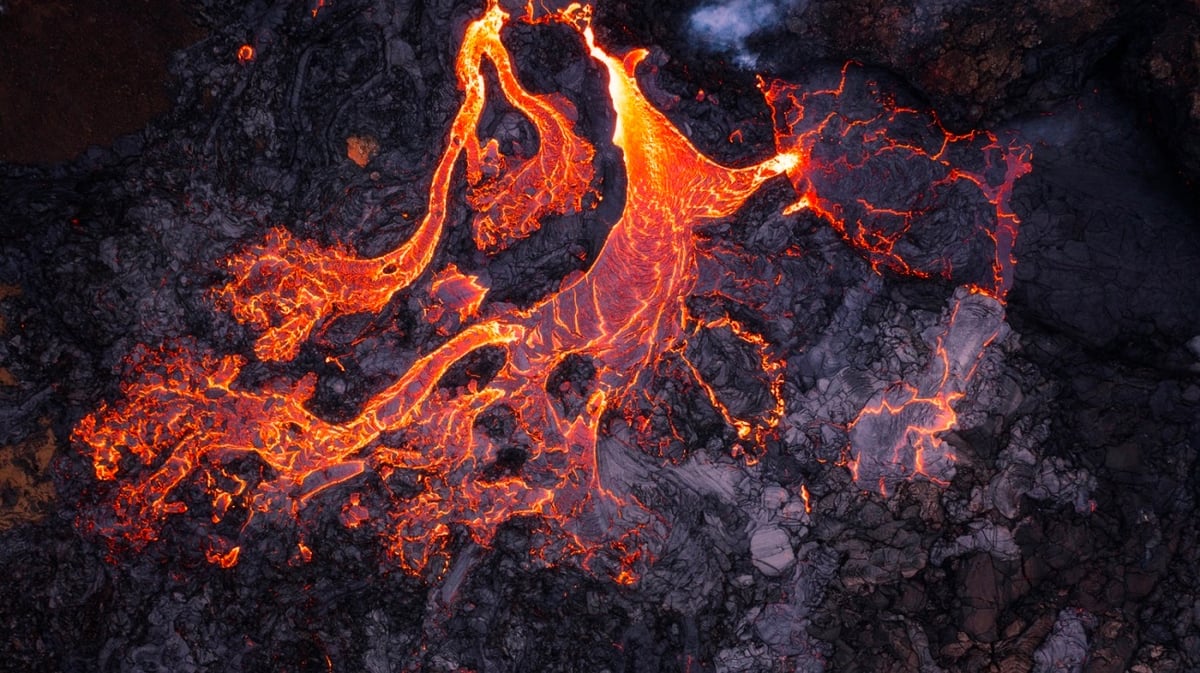




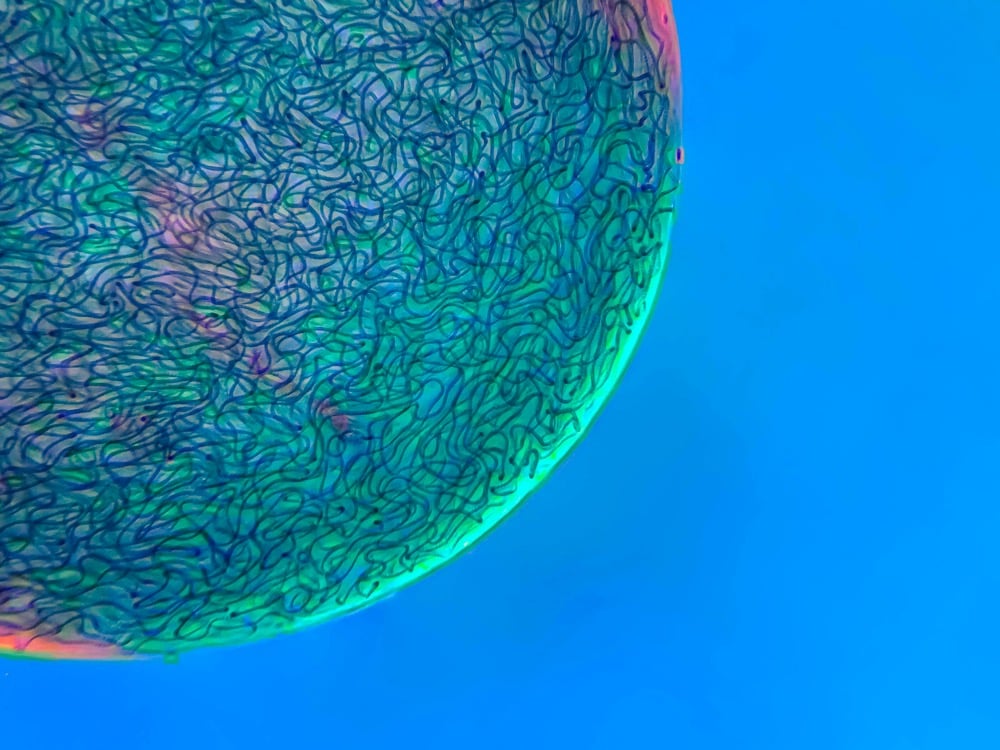
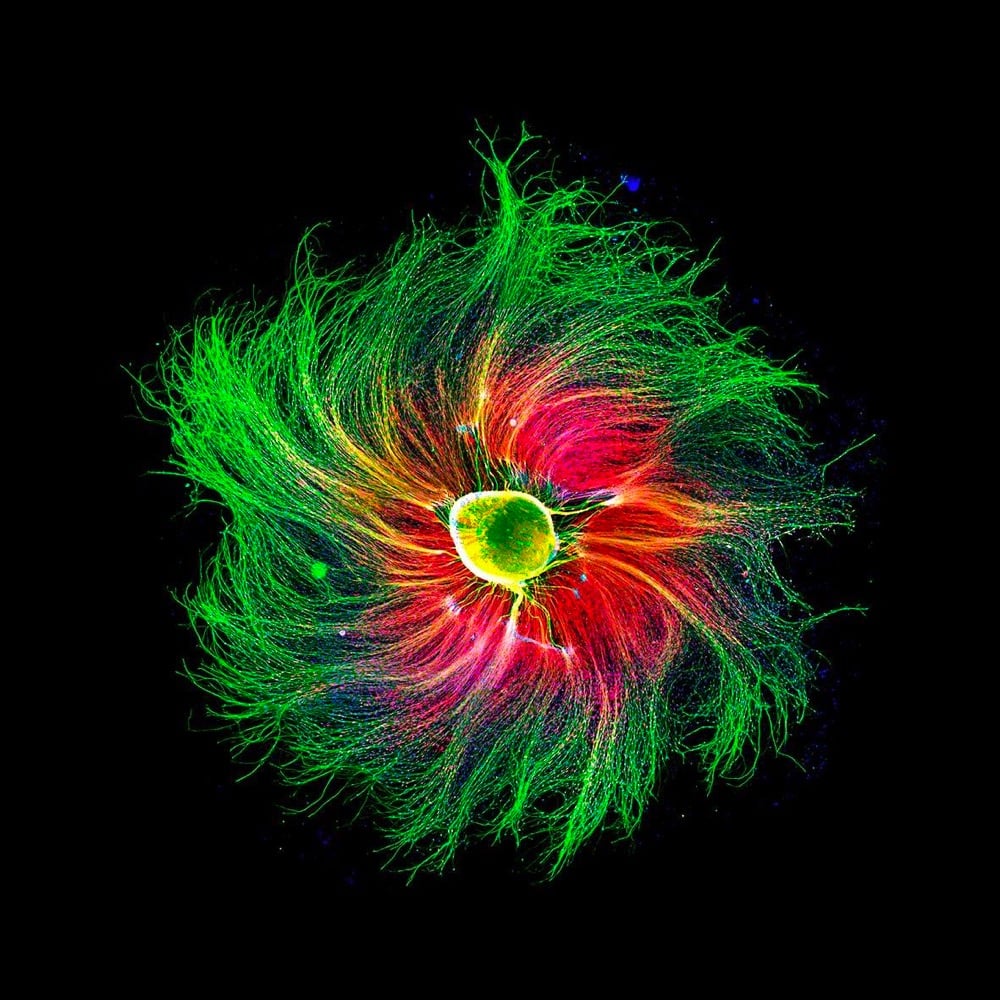

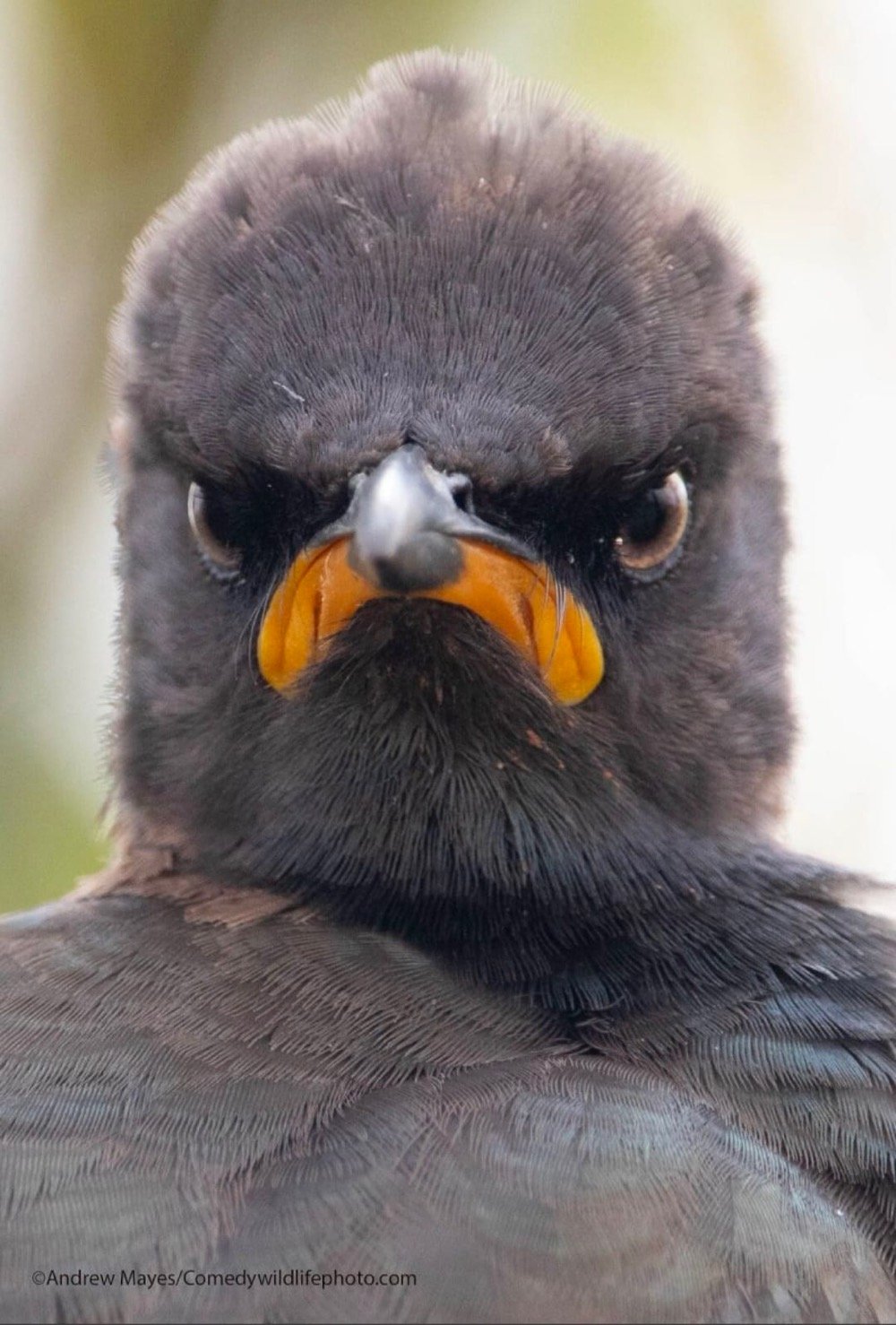
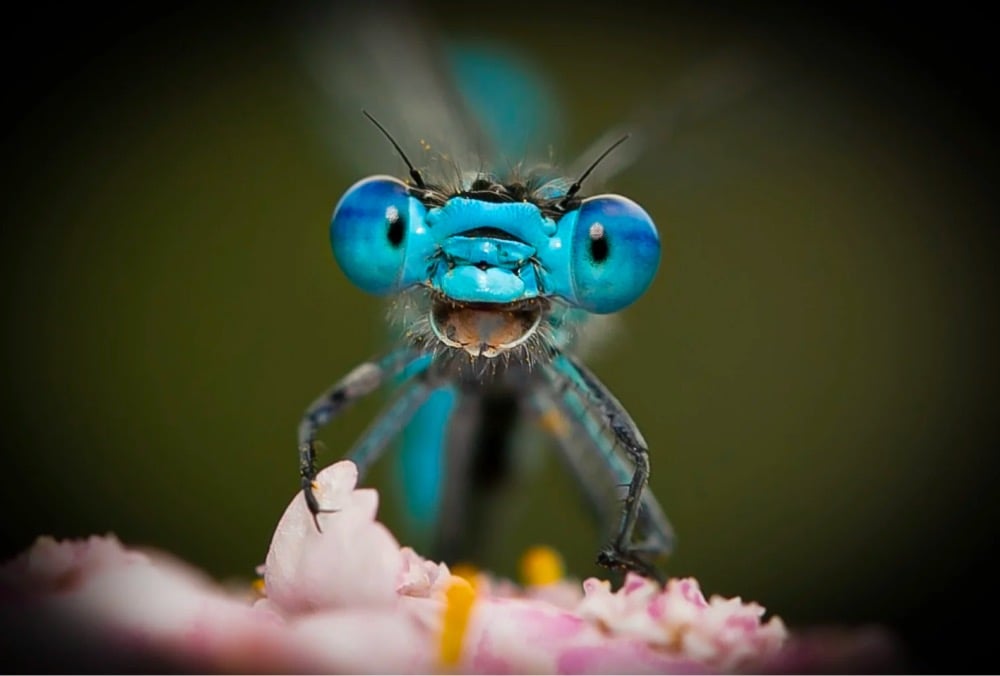


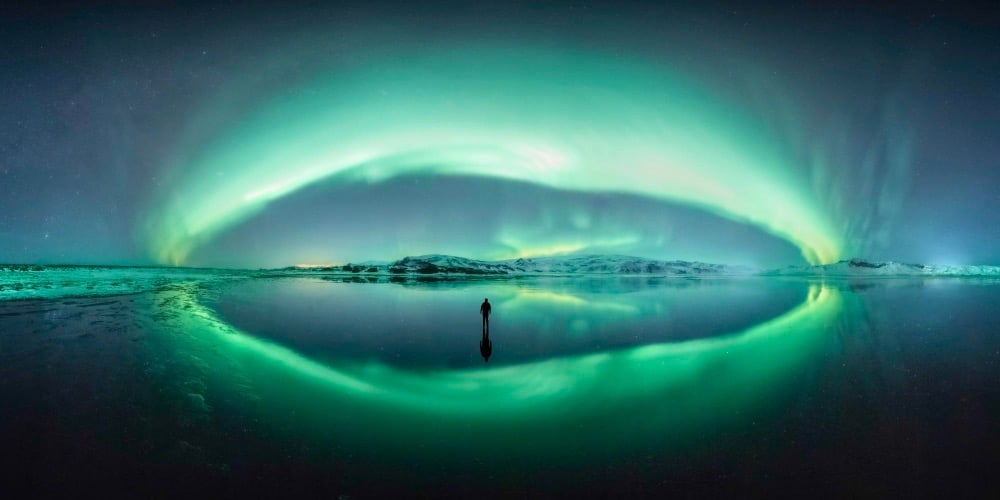
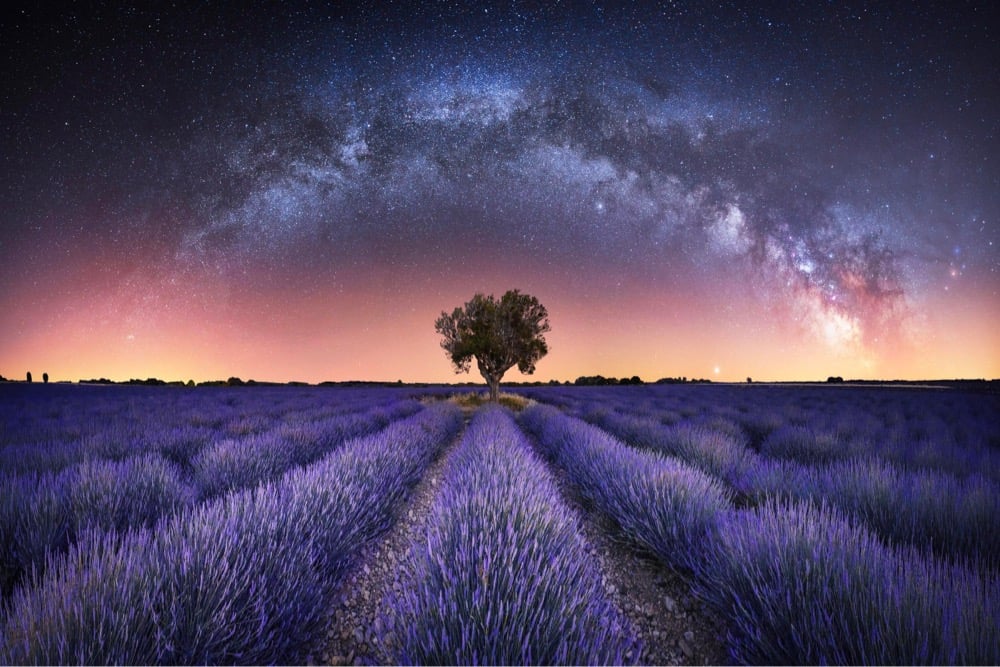
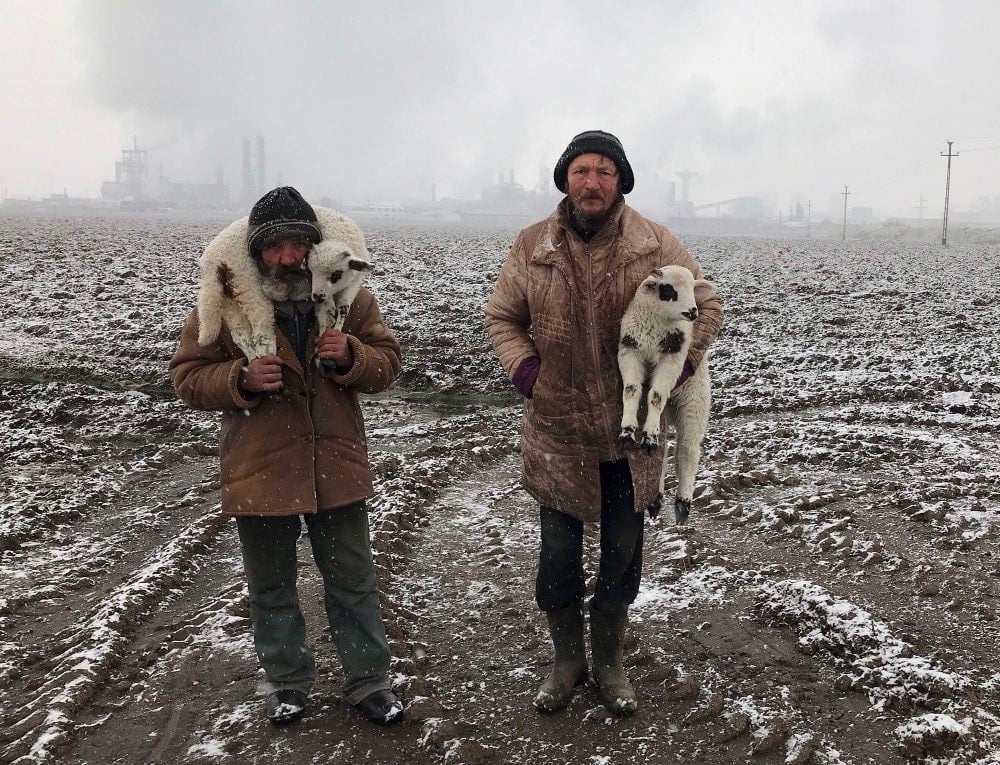
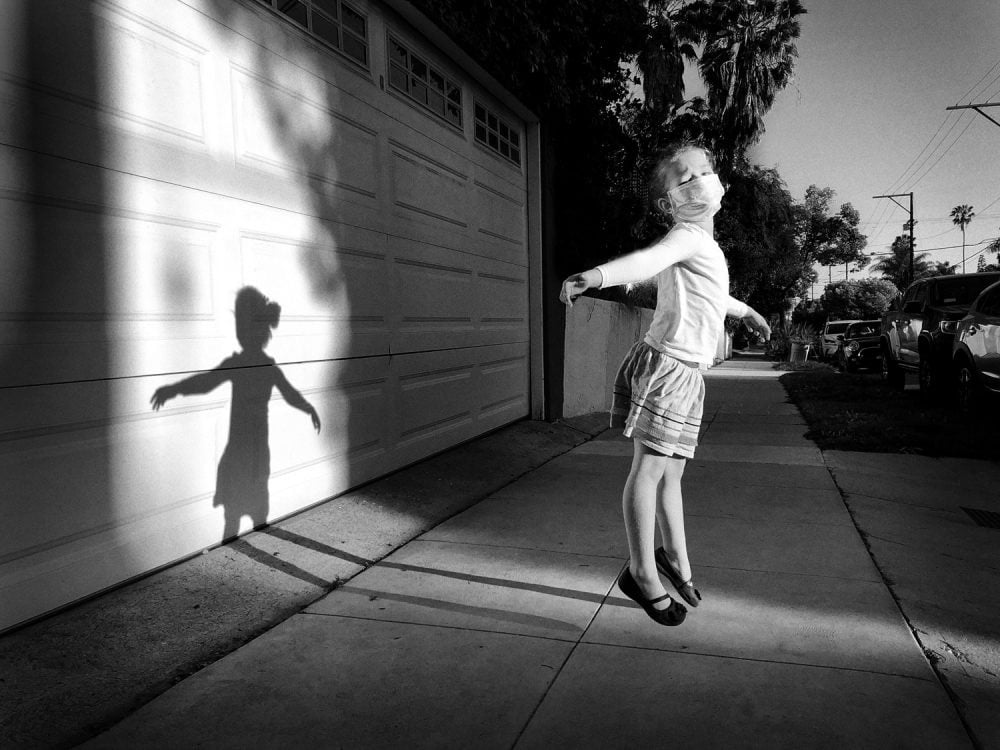
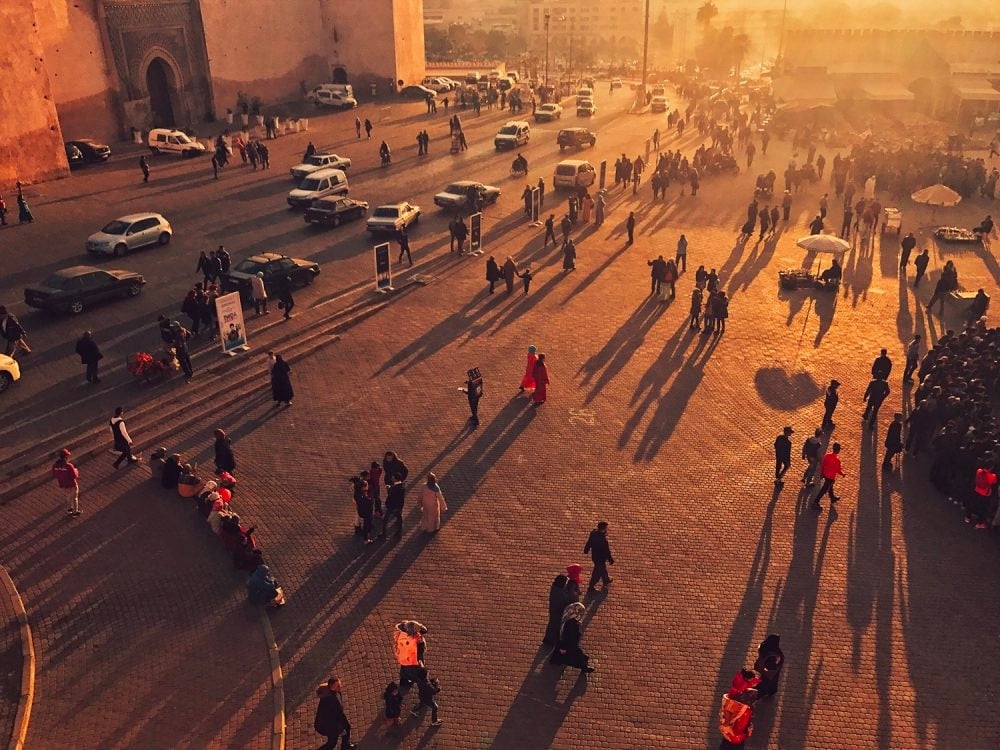
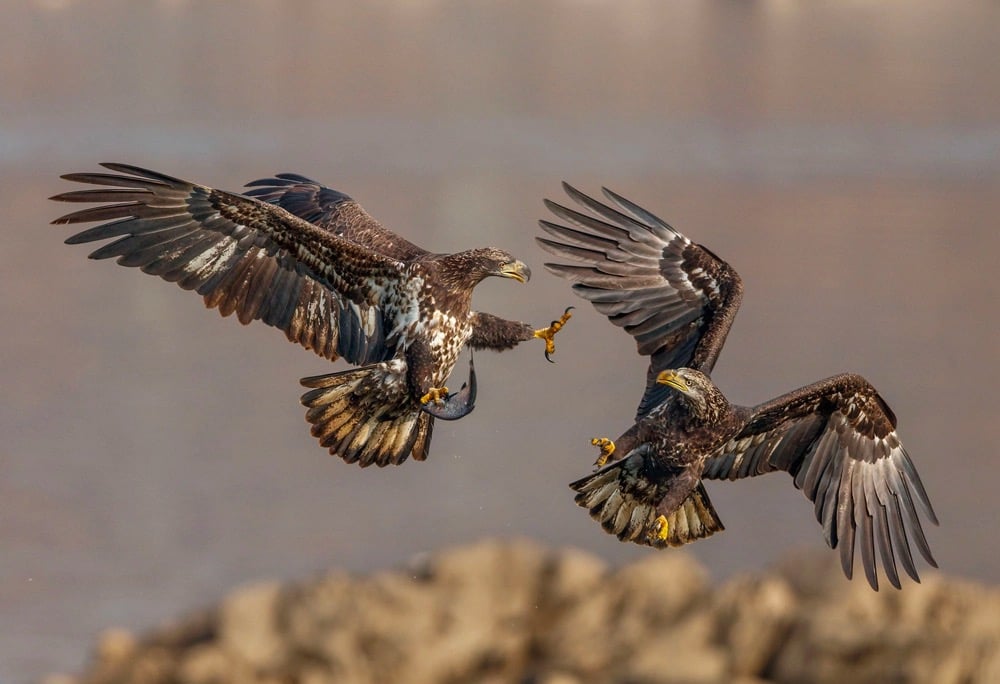
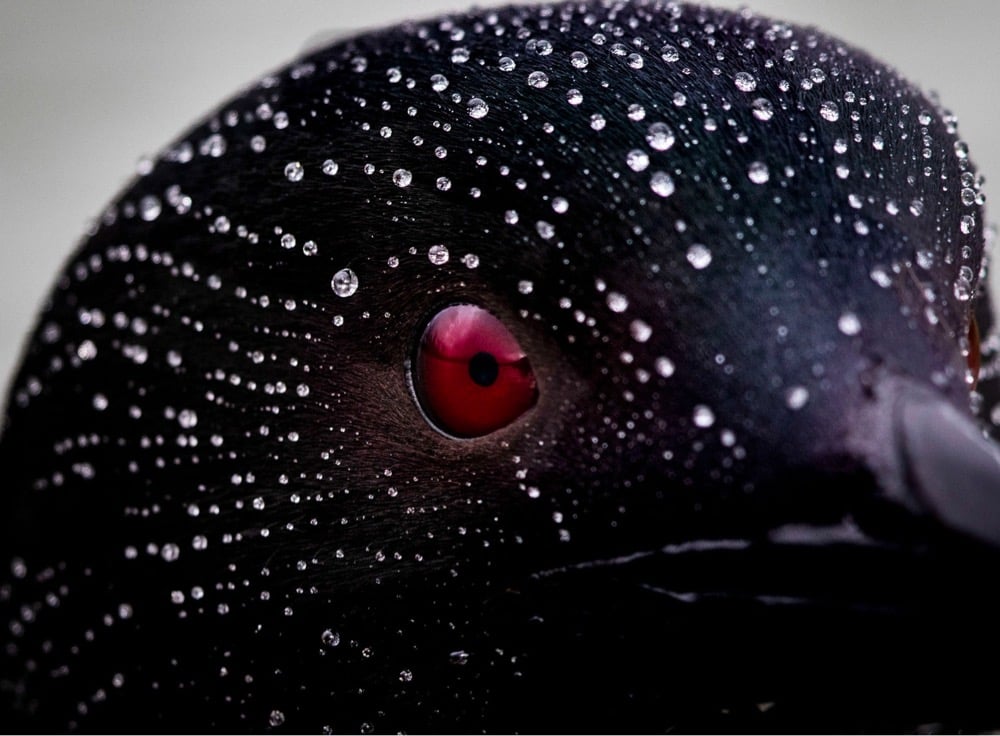
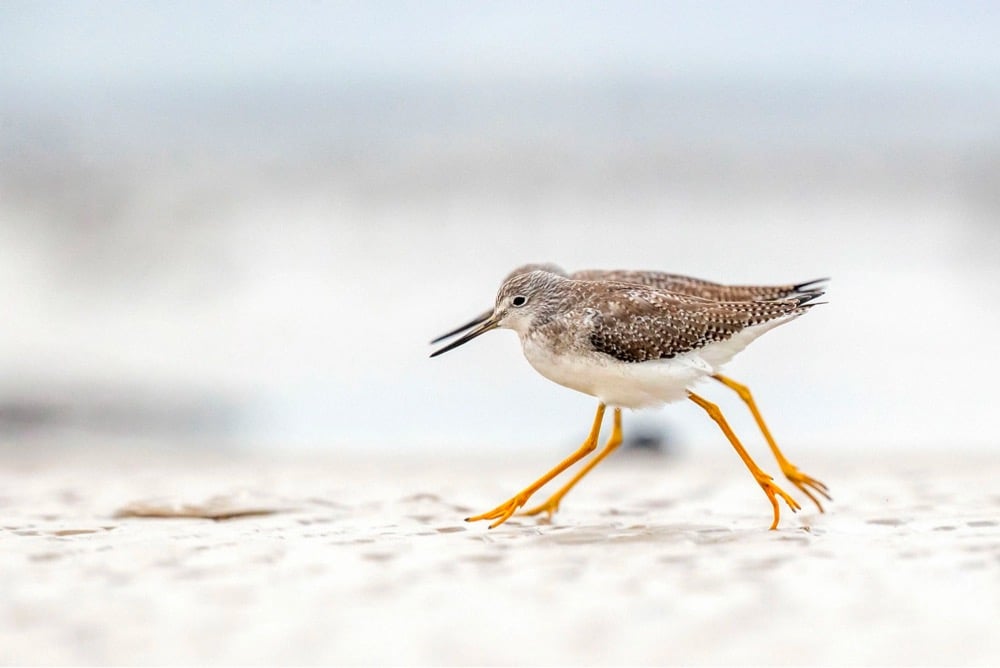
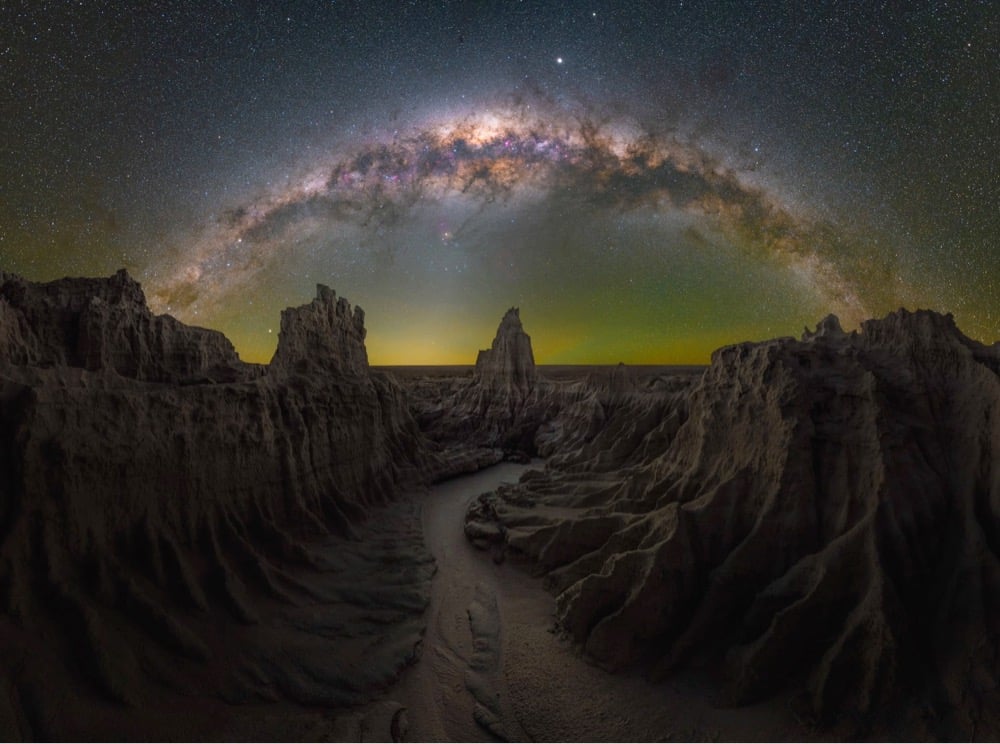
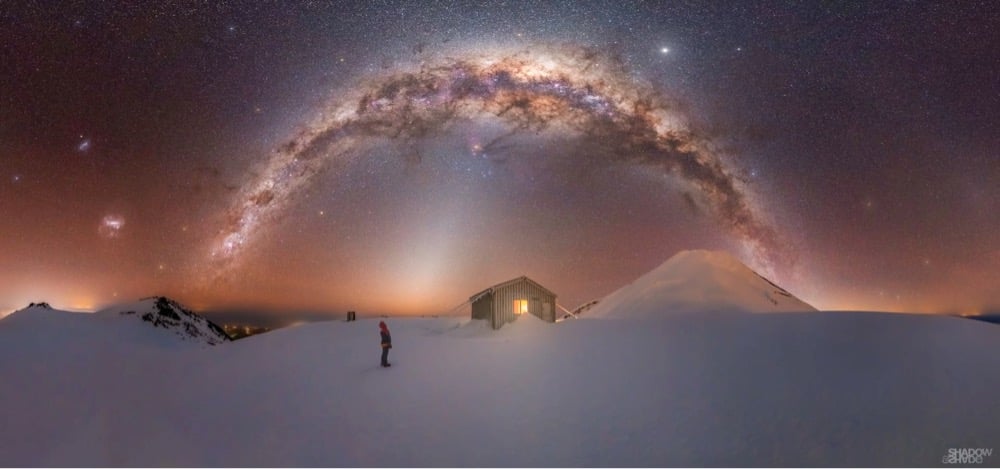

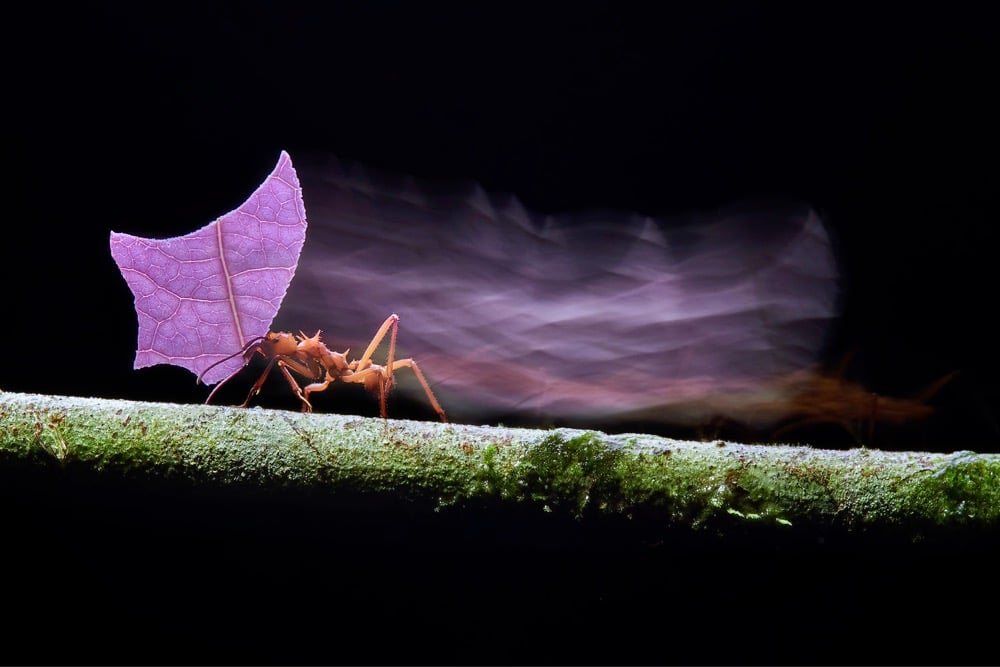

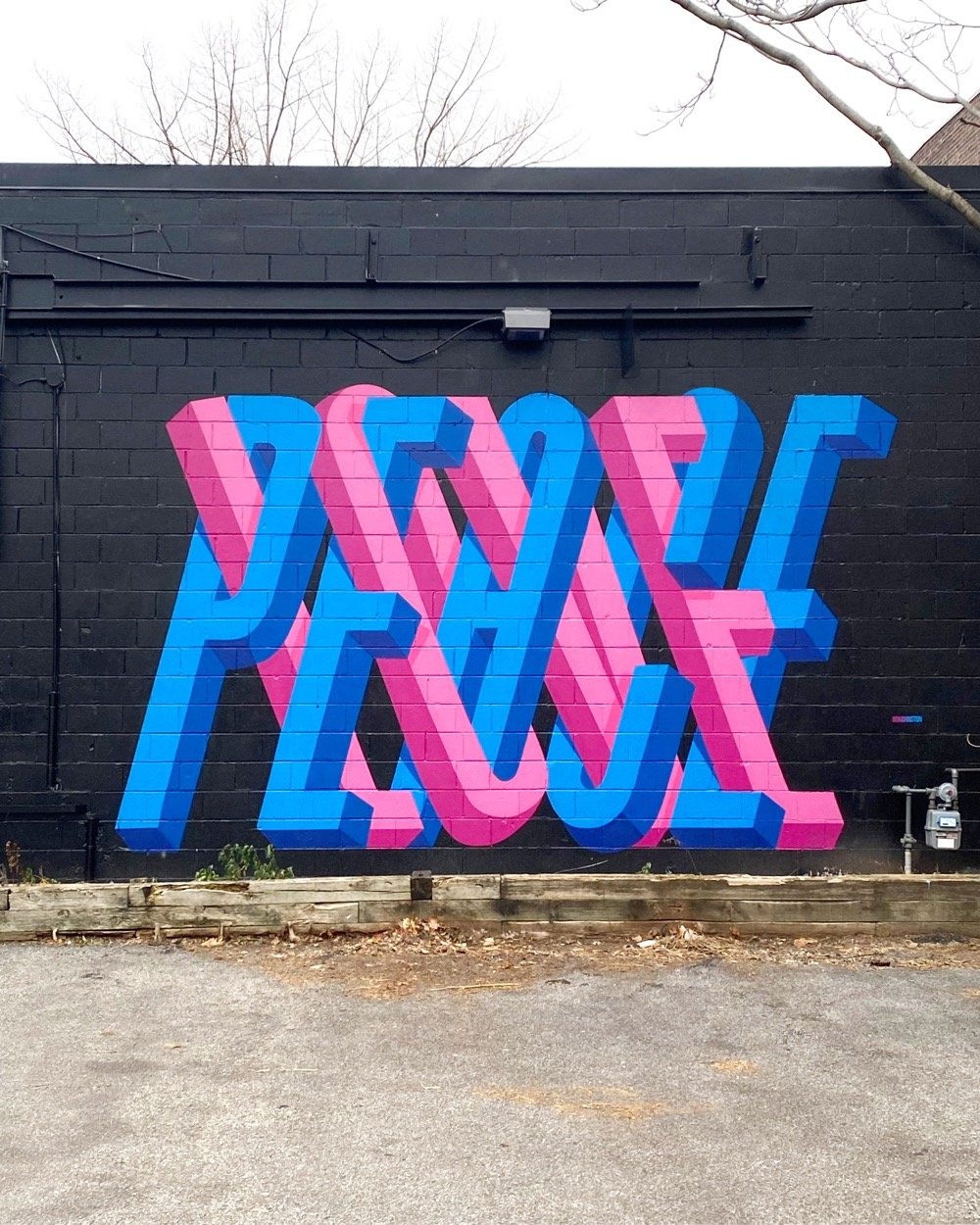
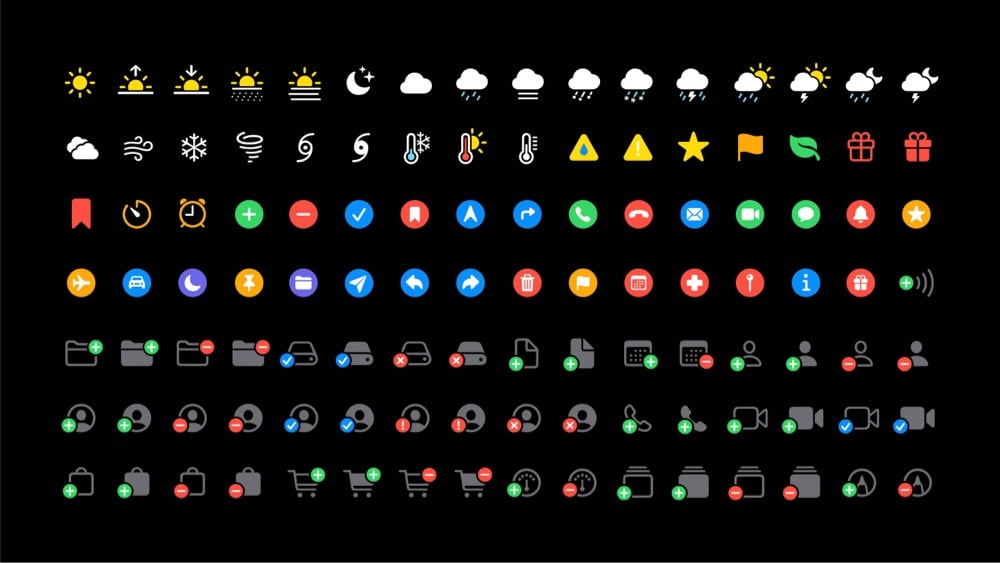
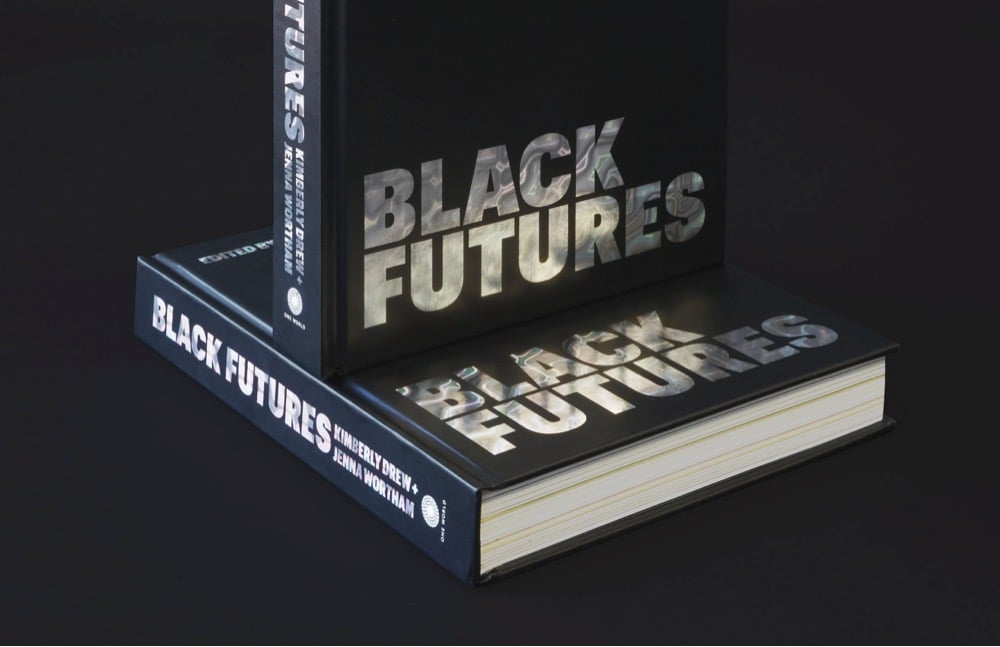




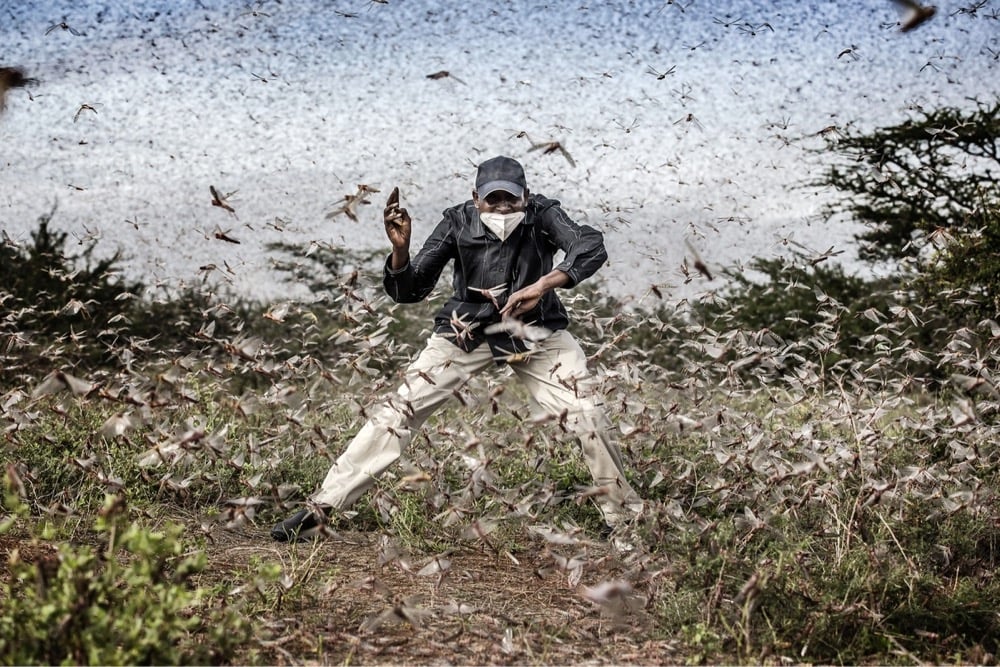
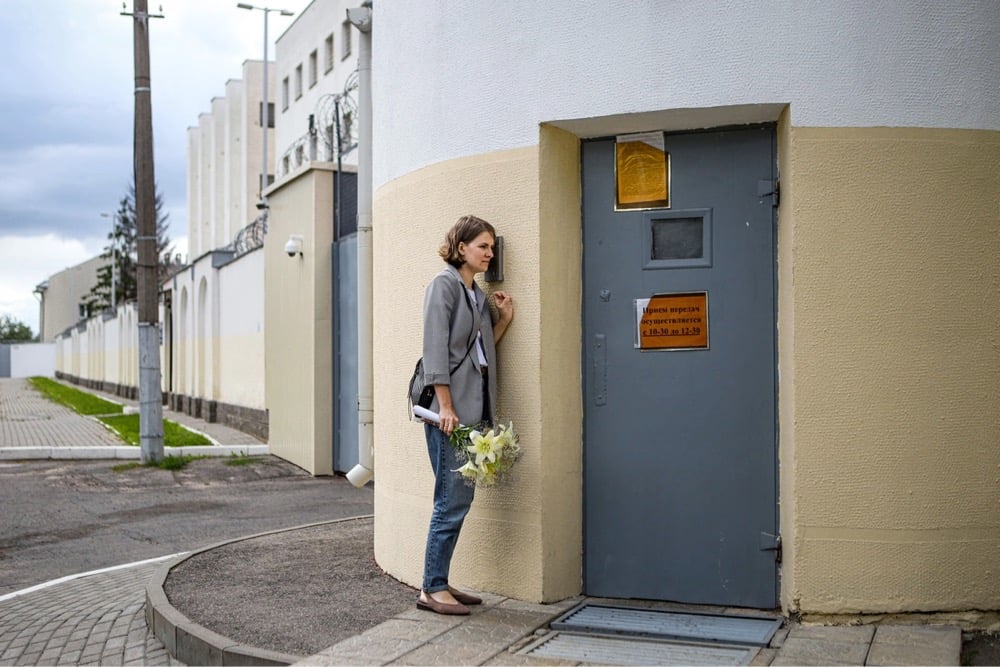



Stay Connected